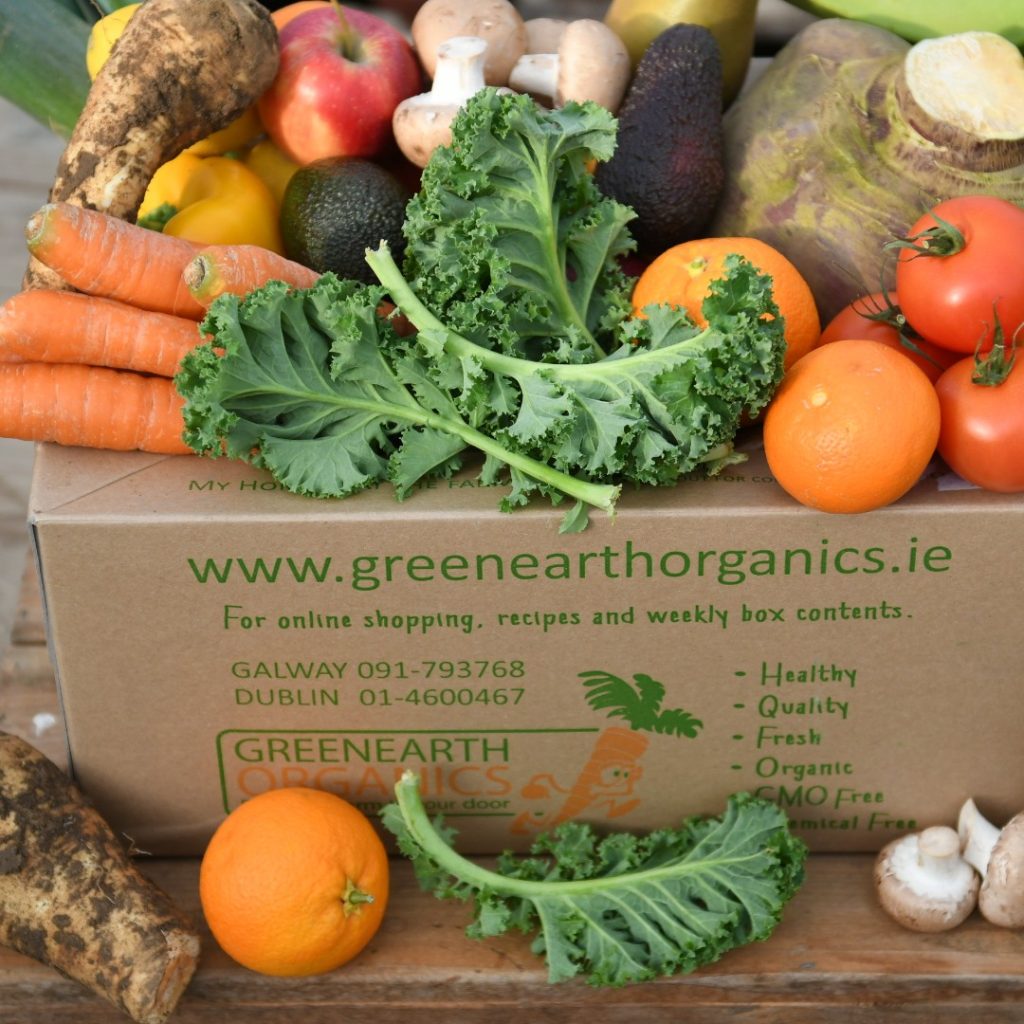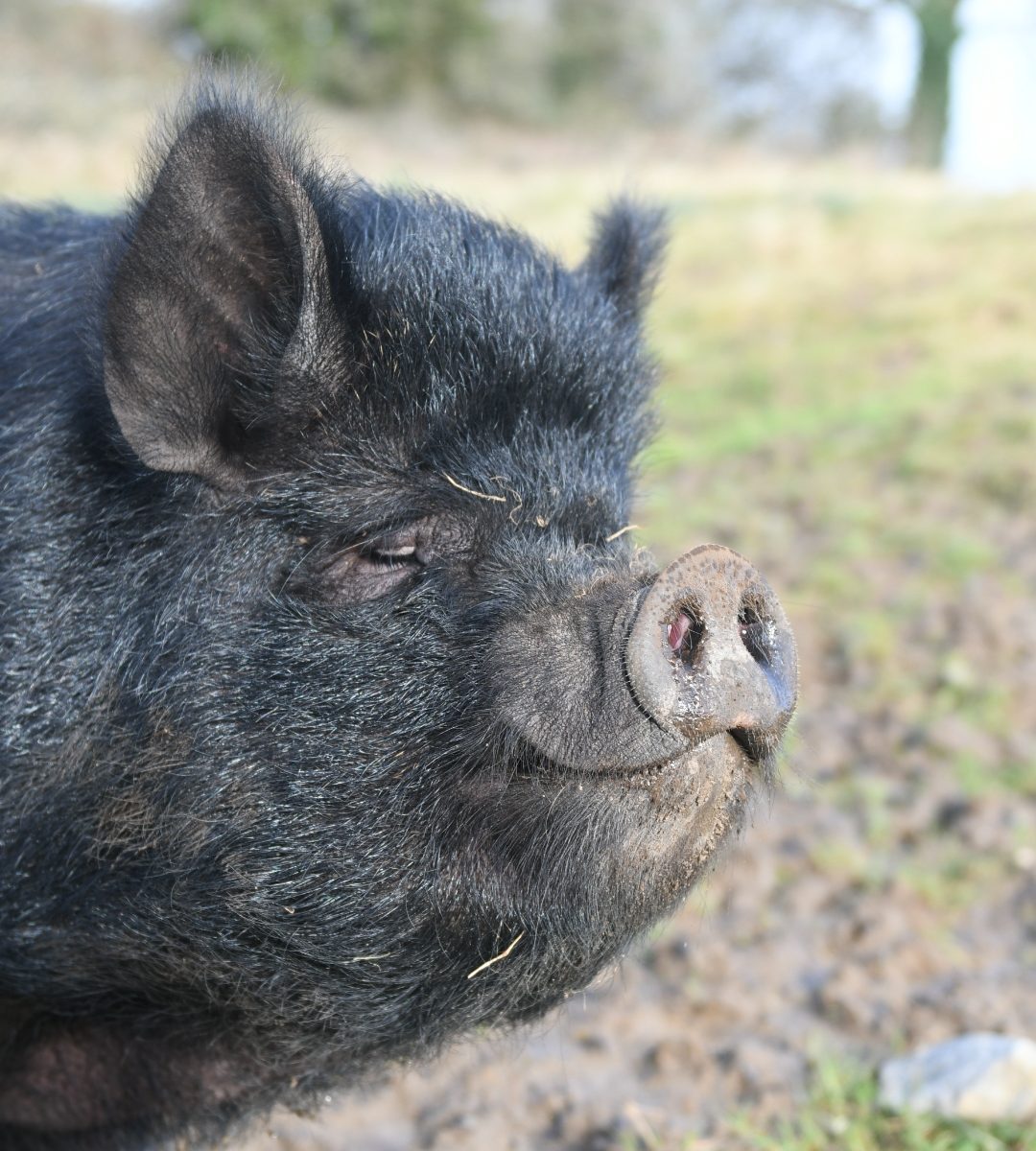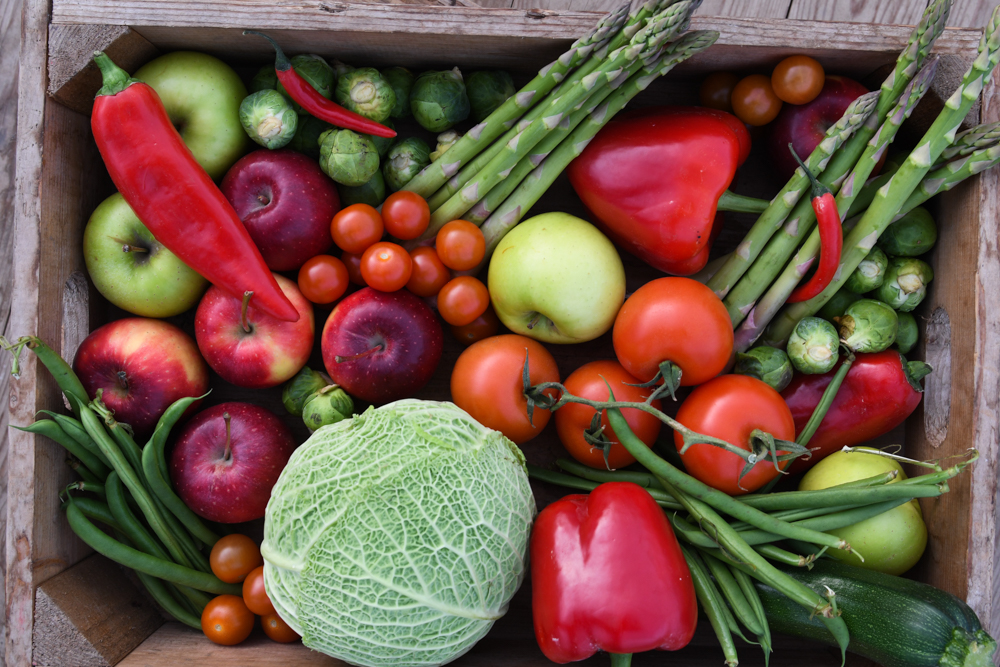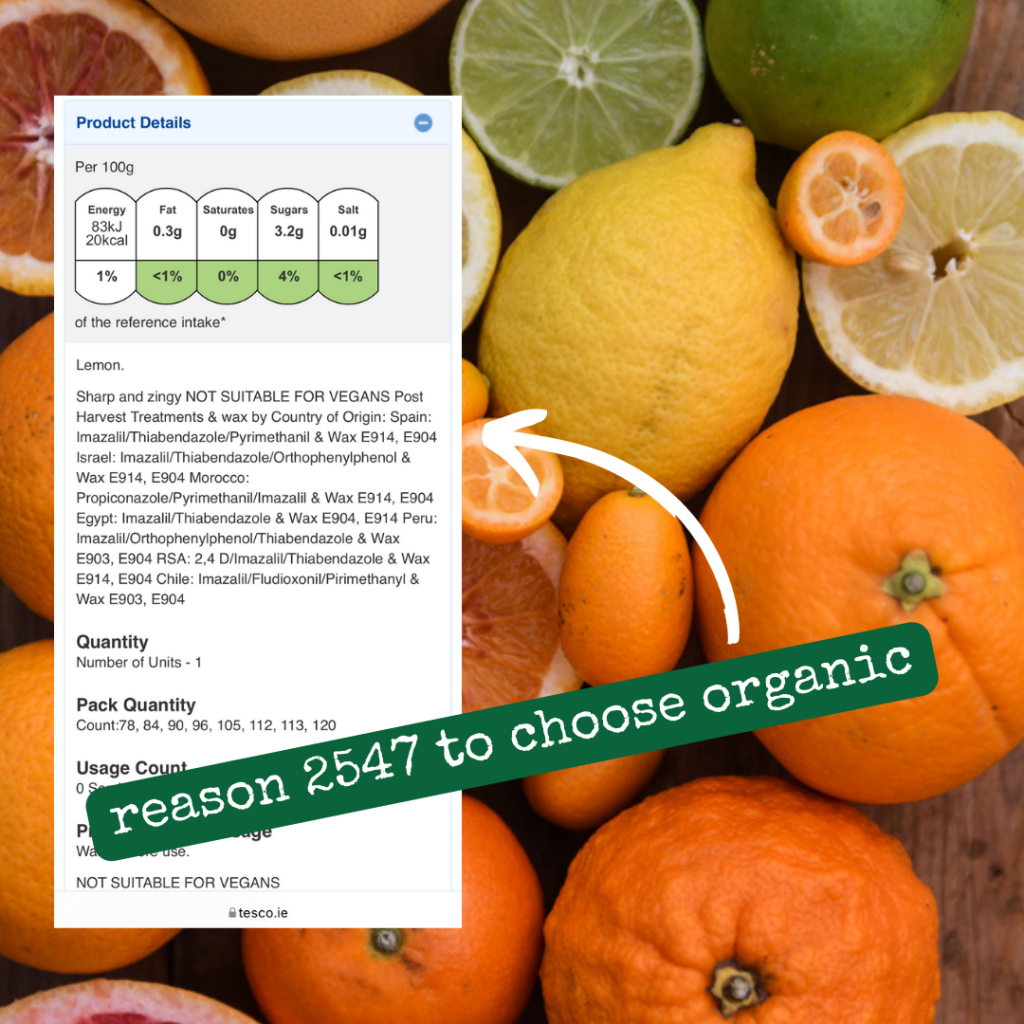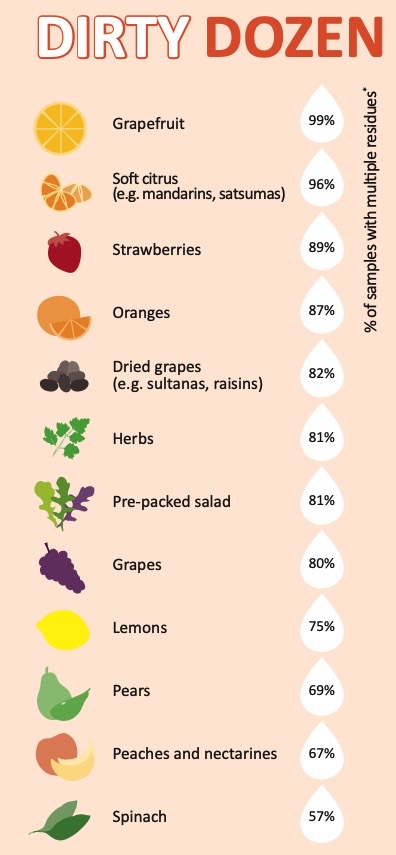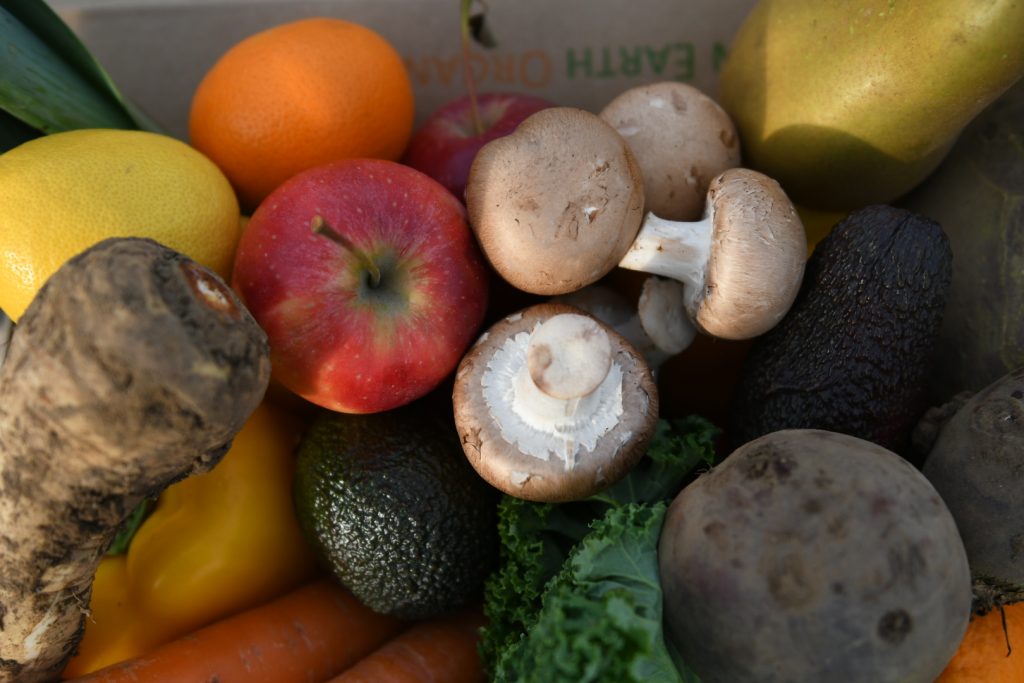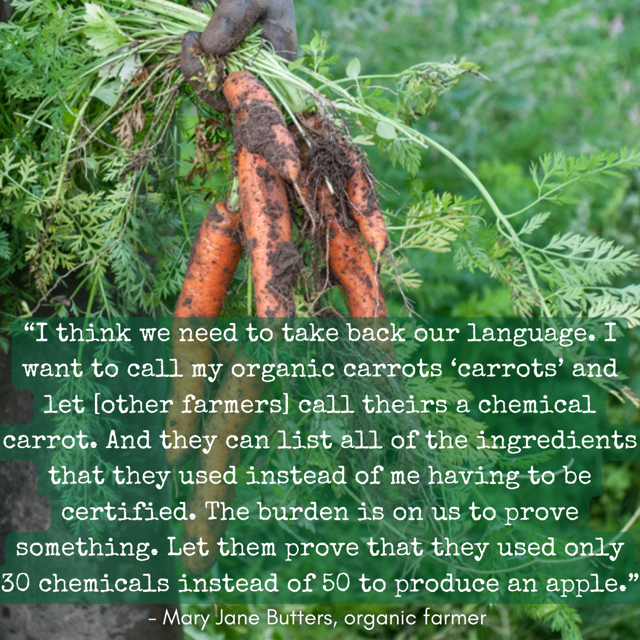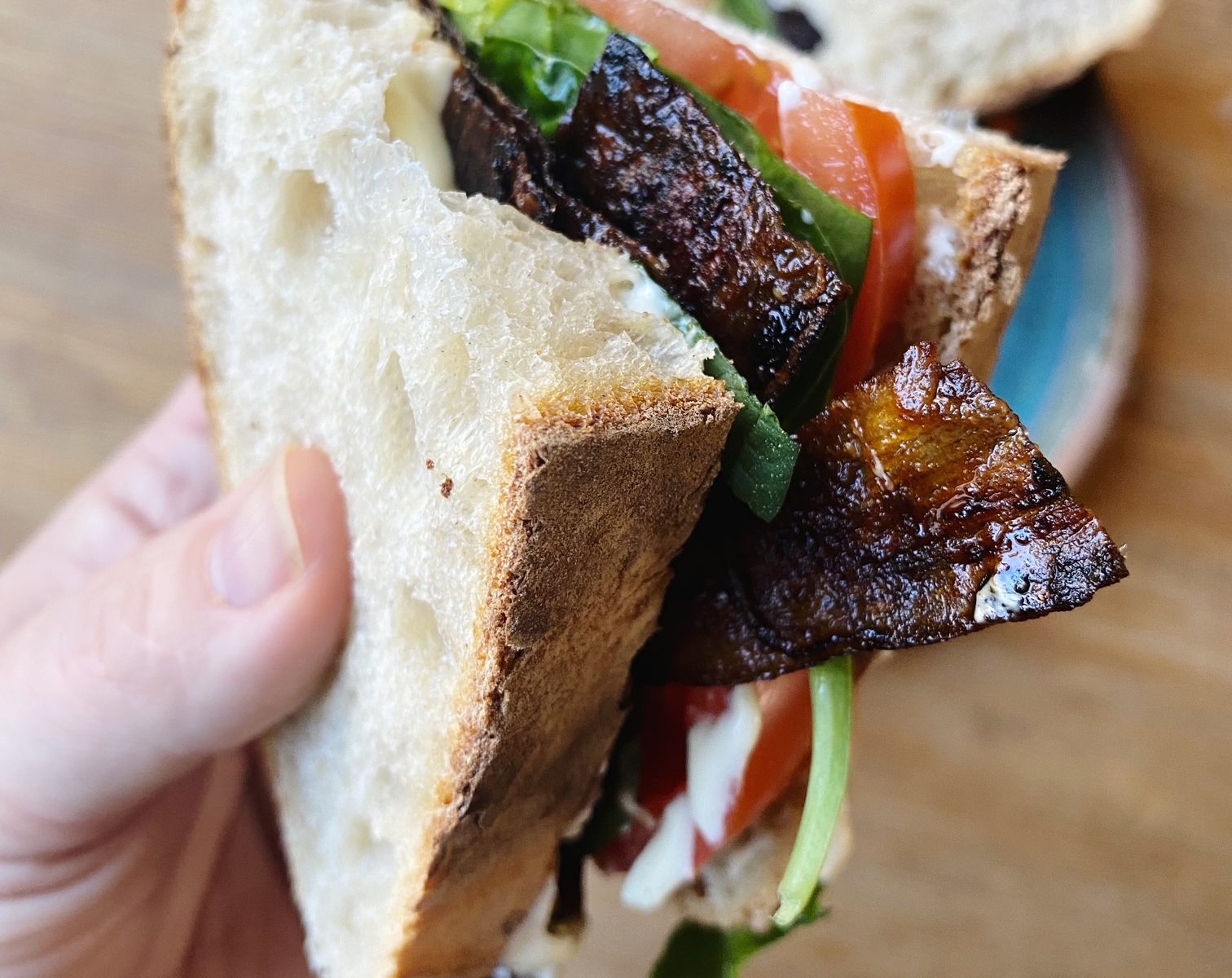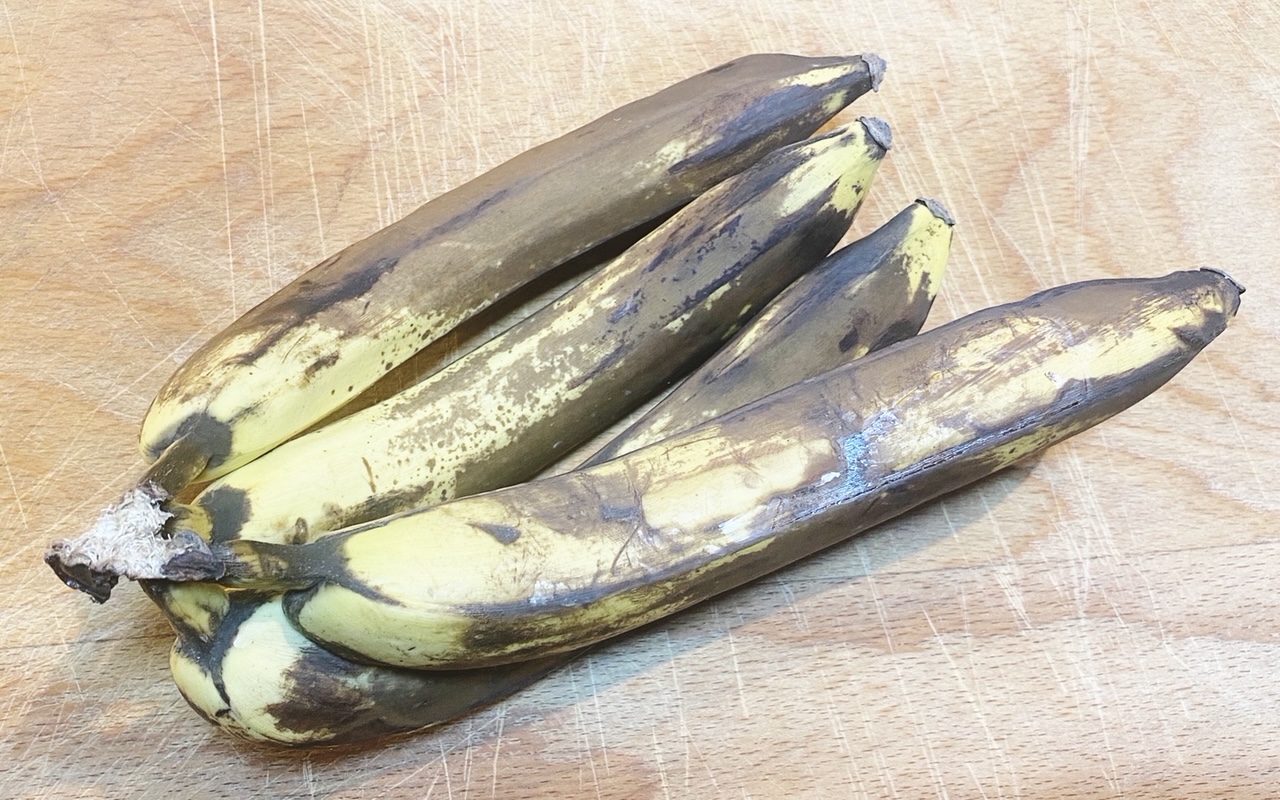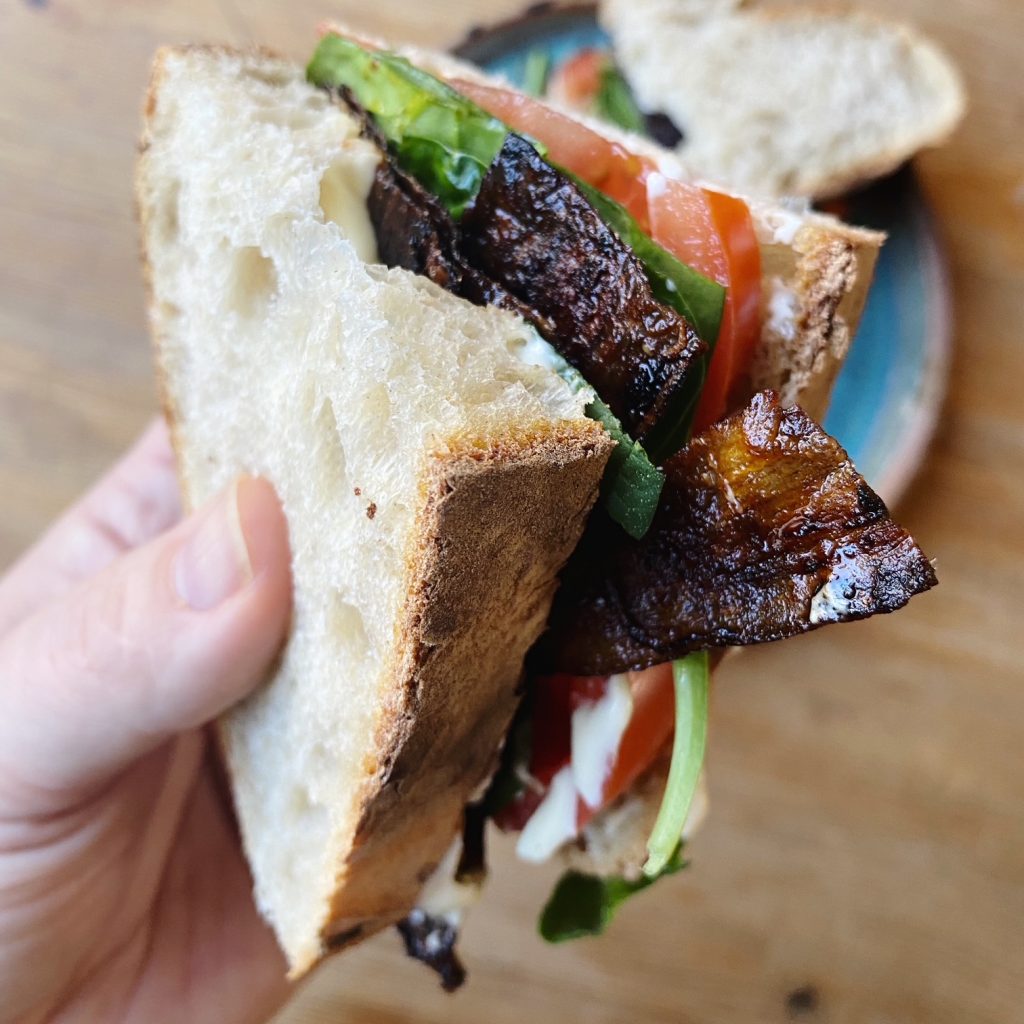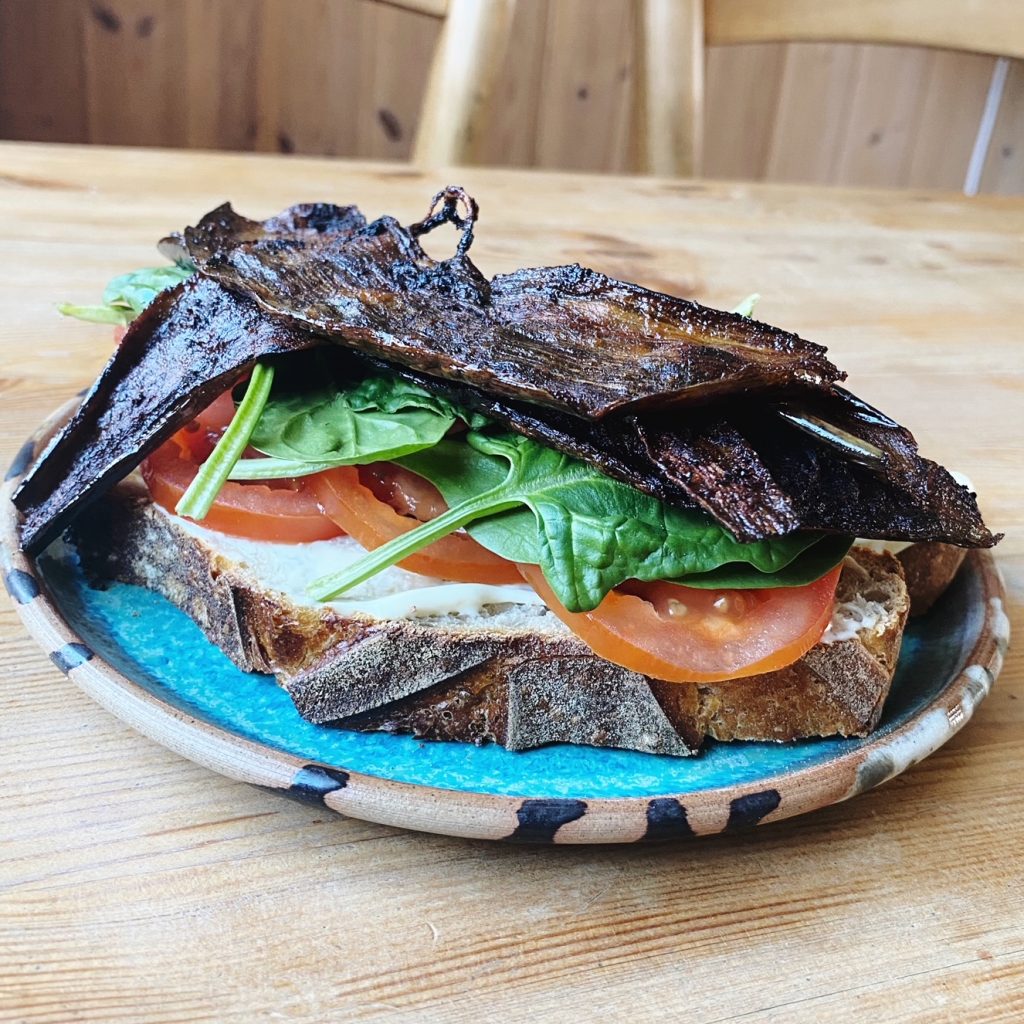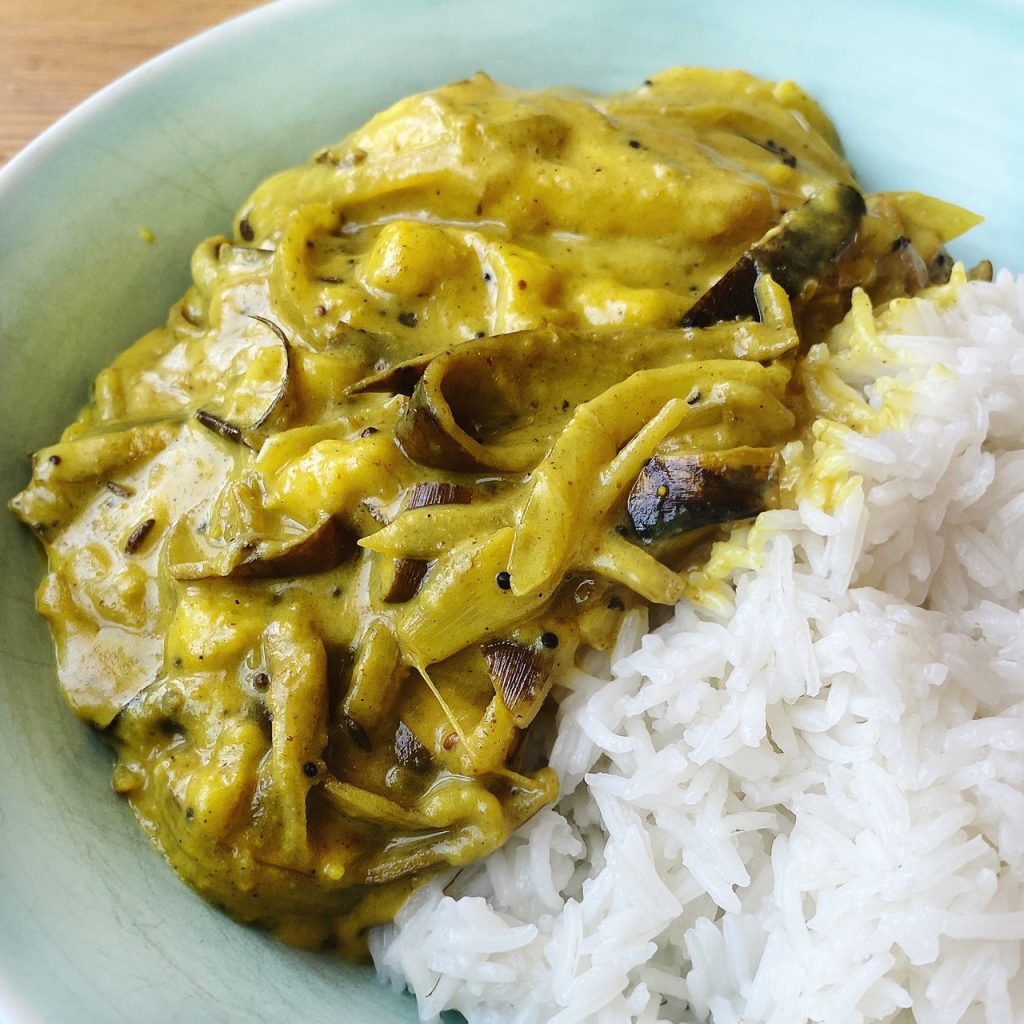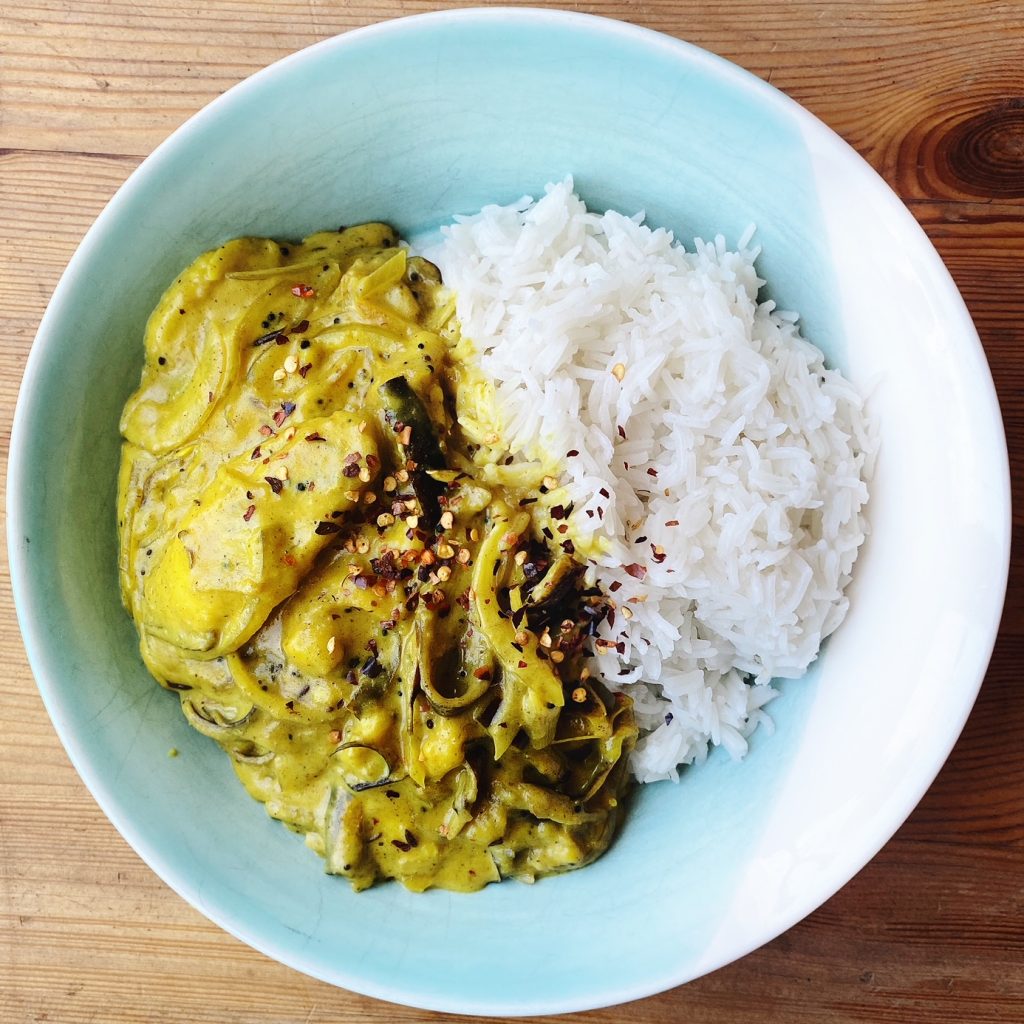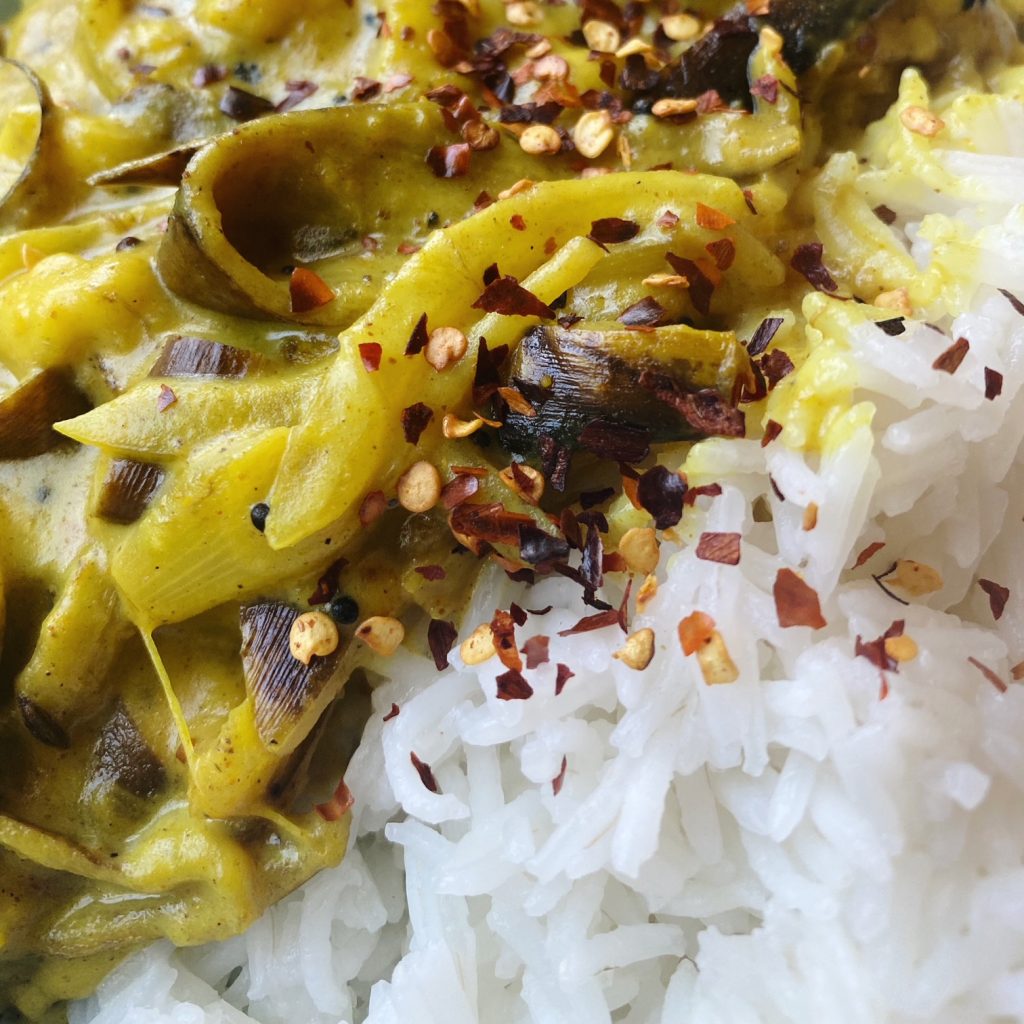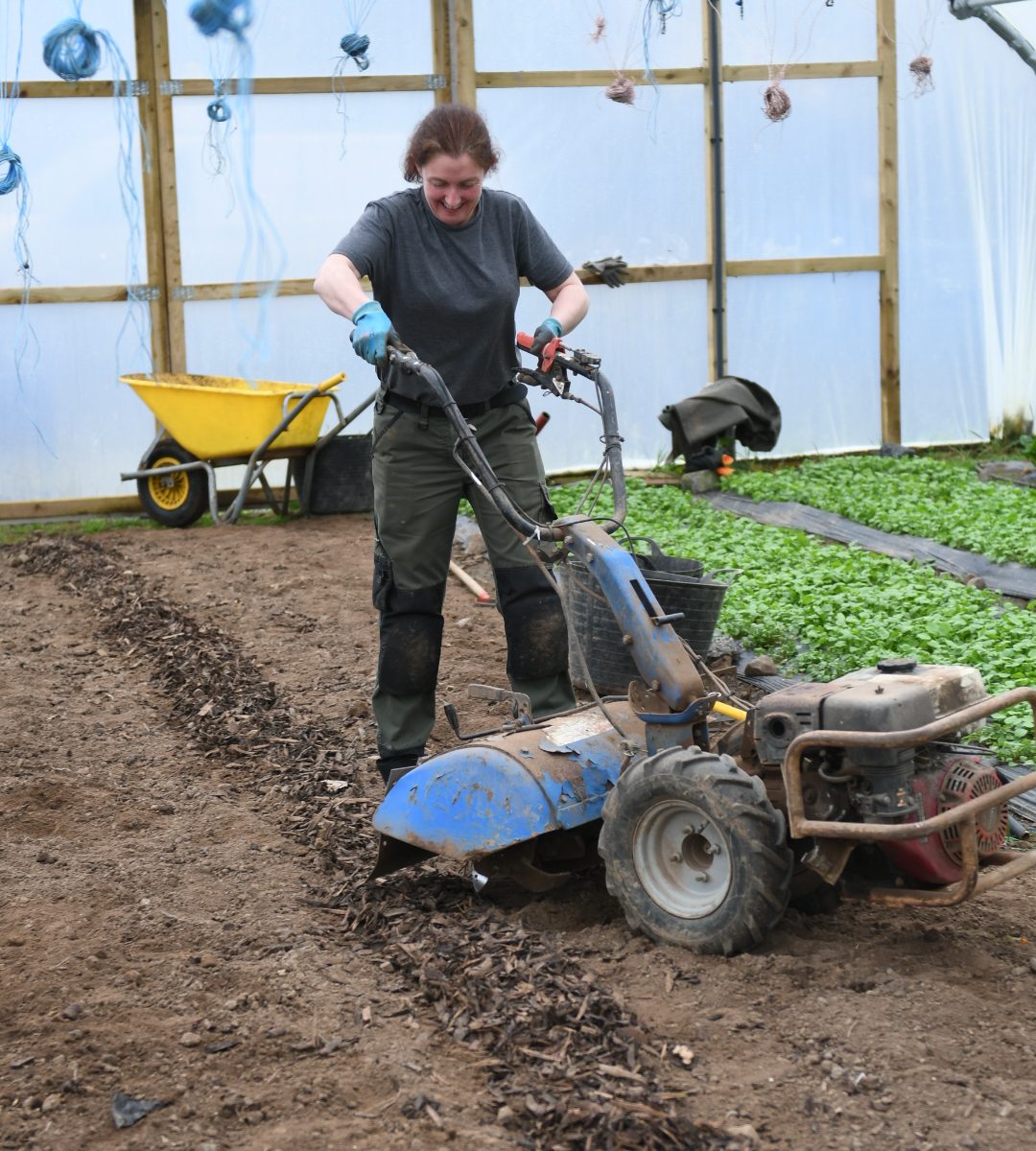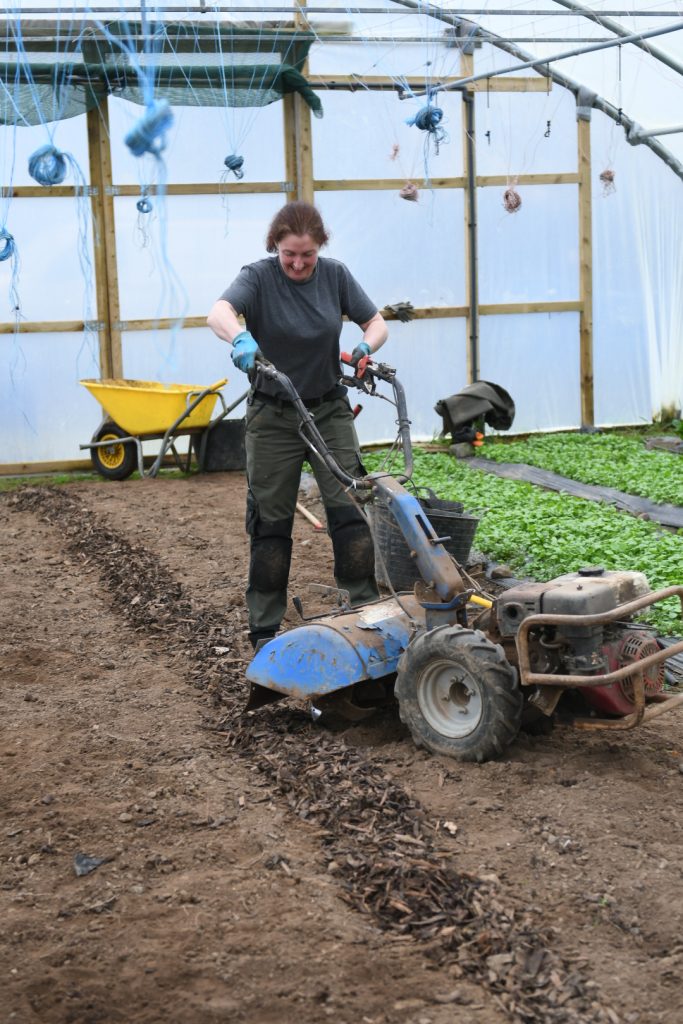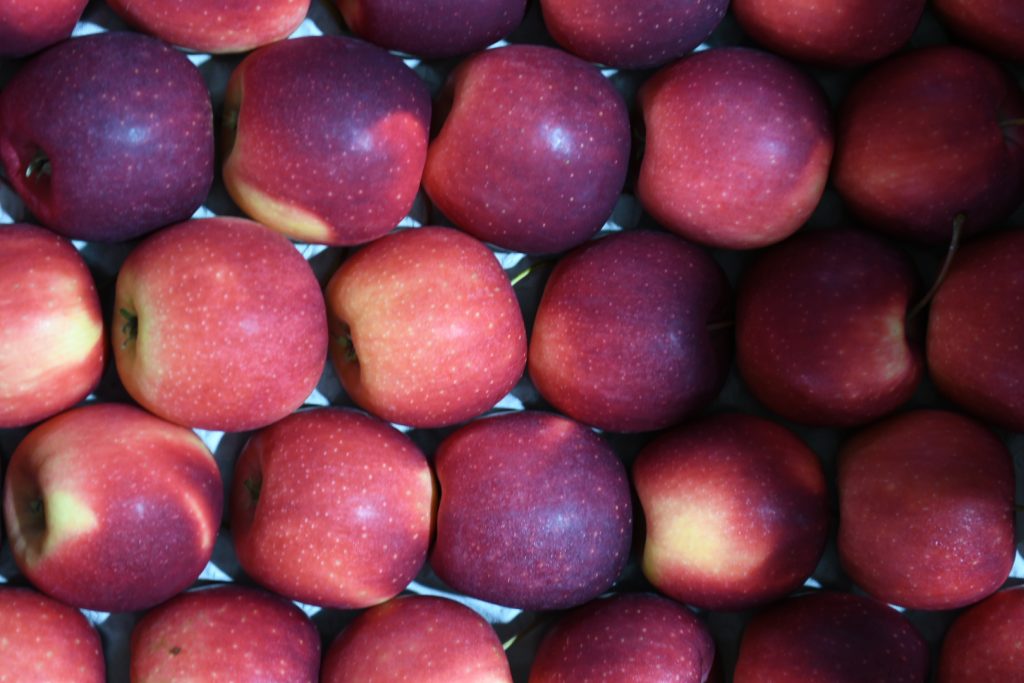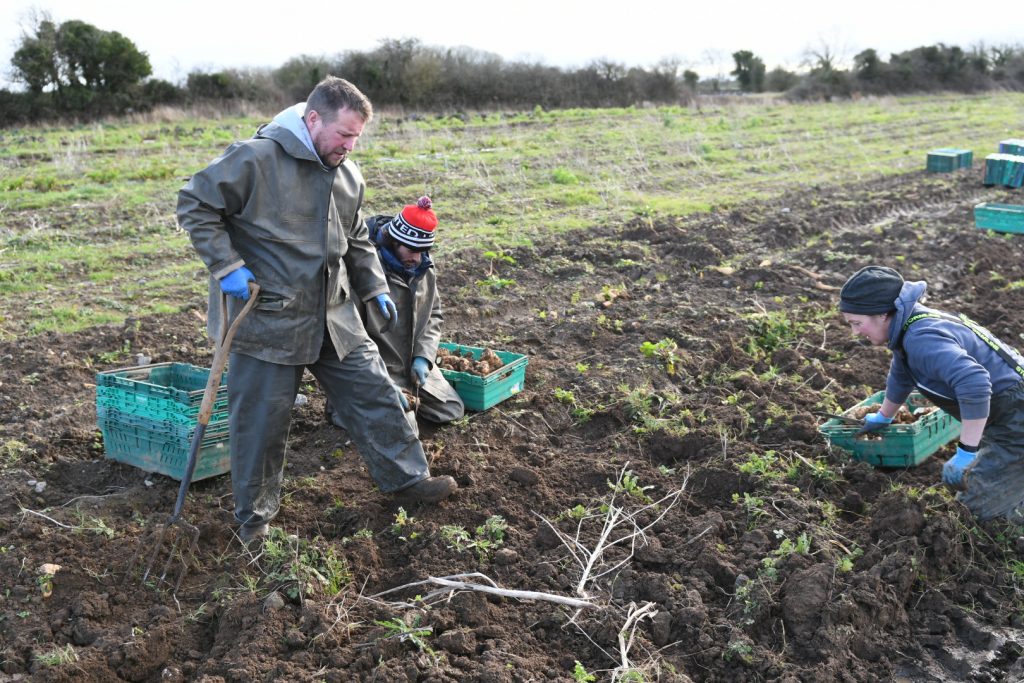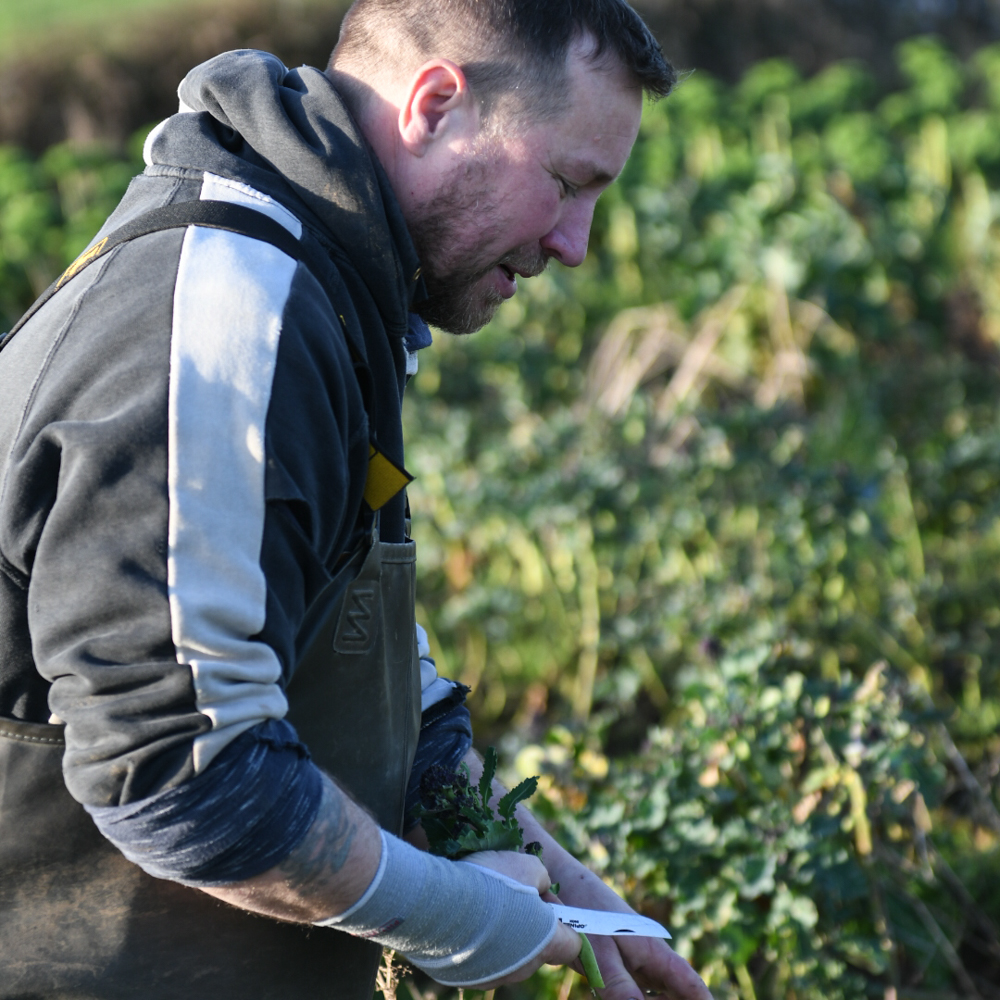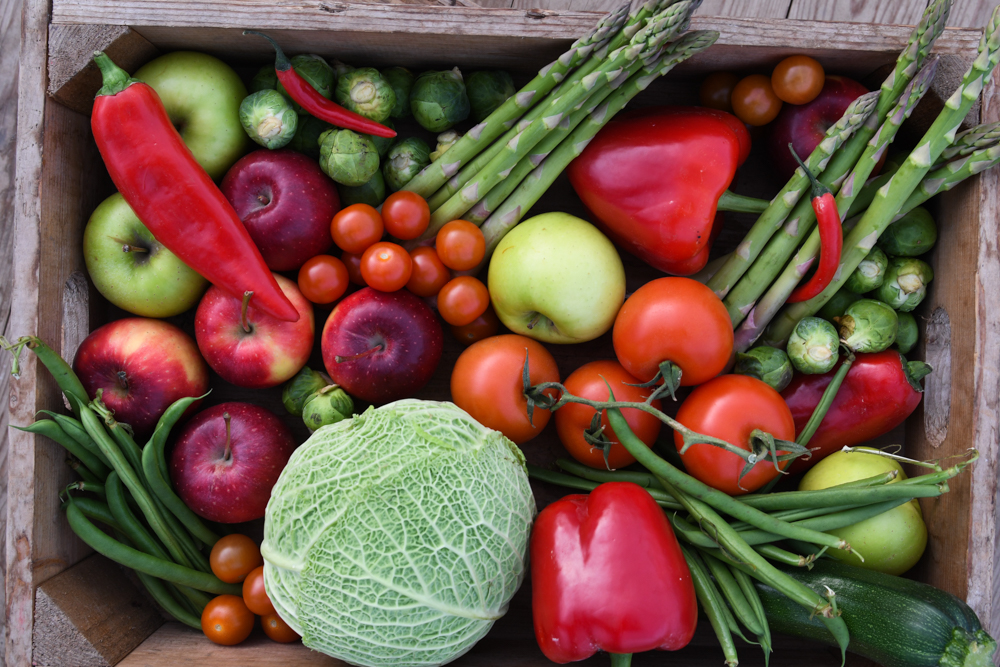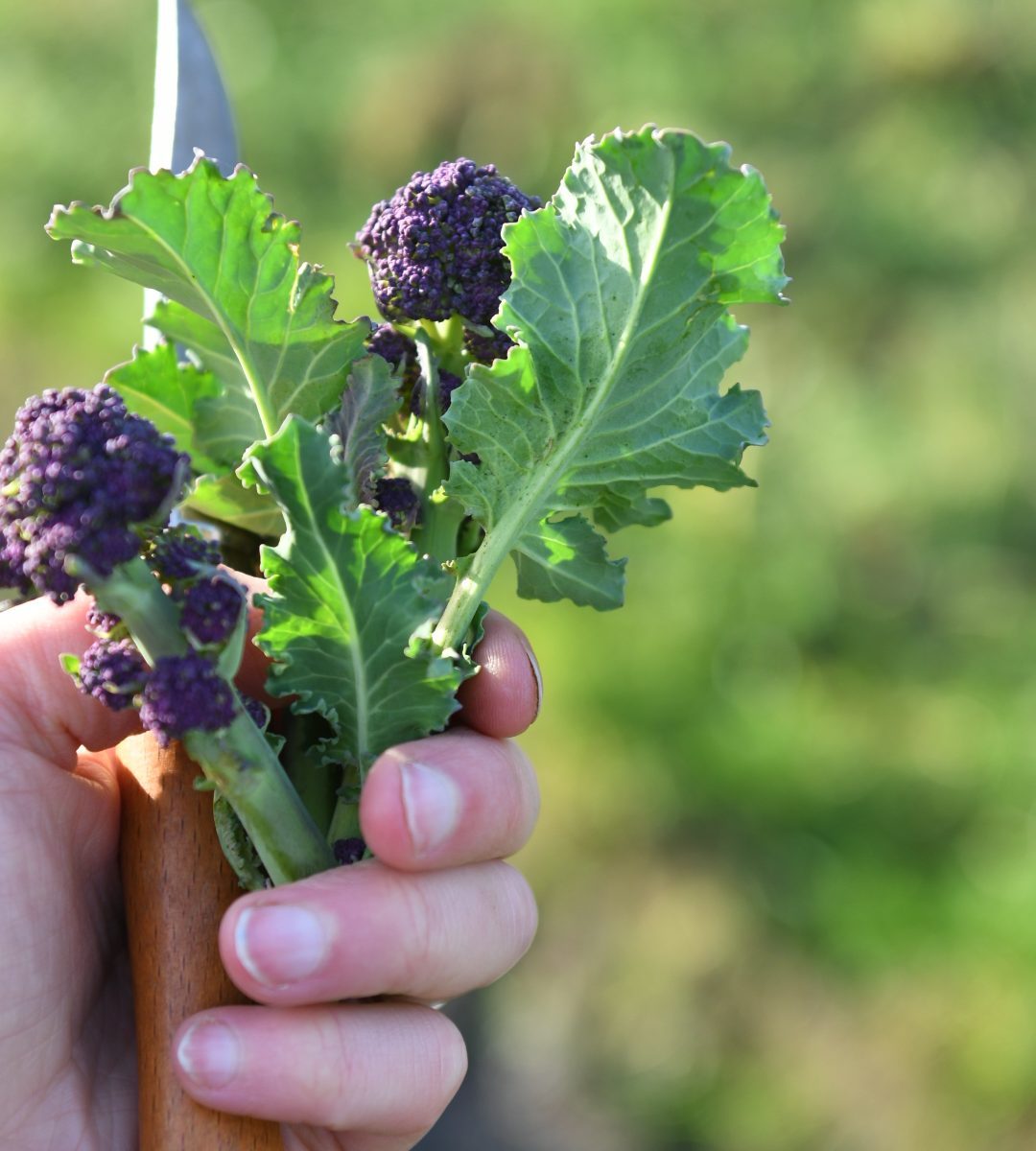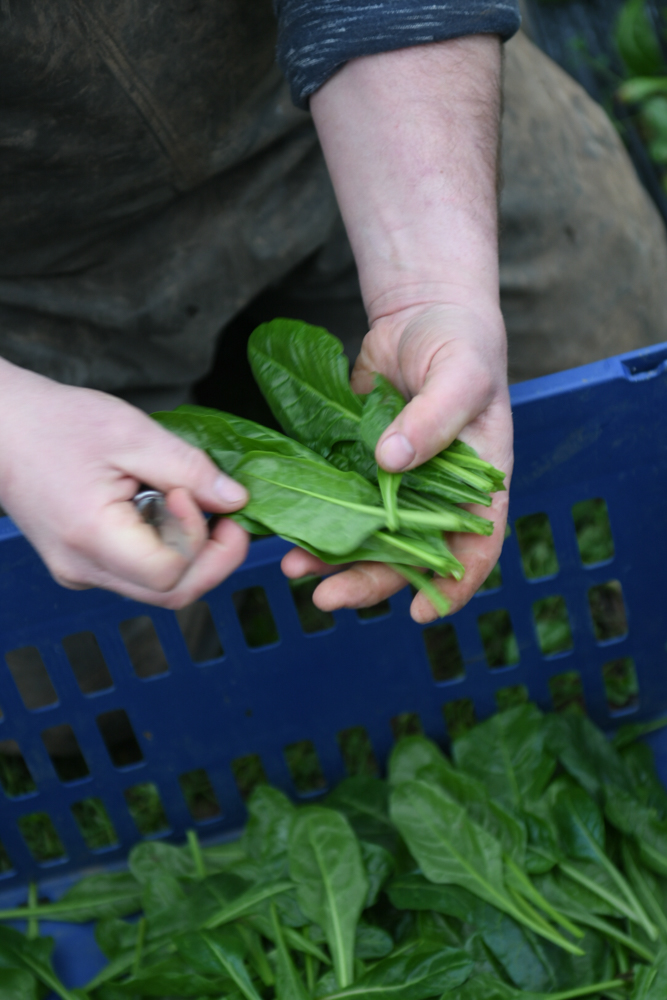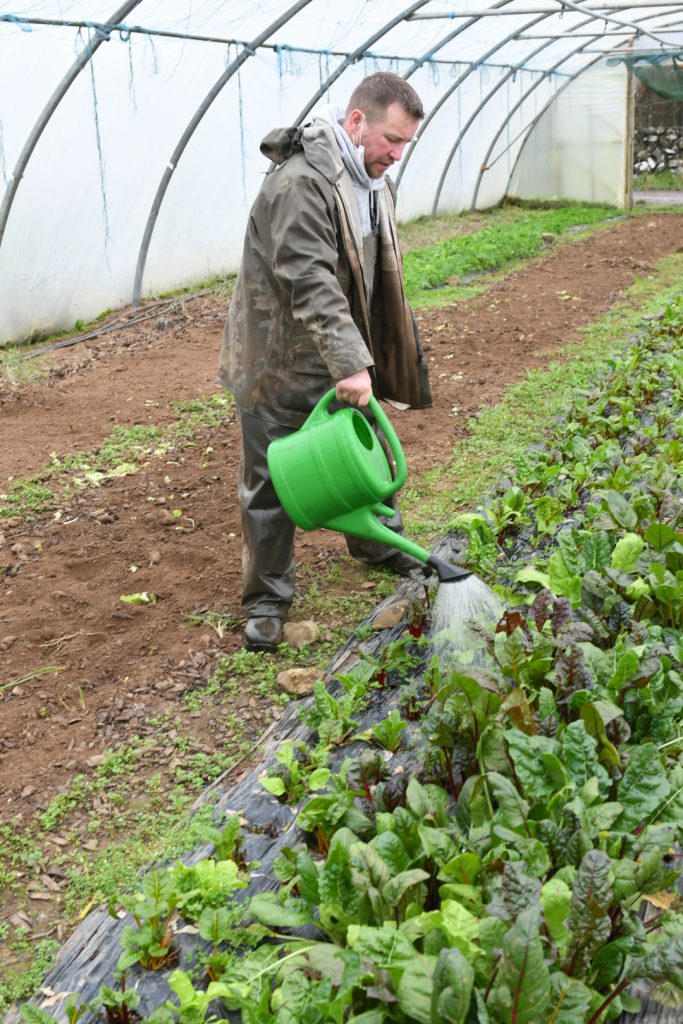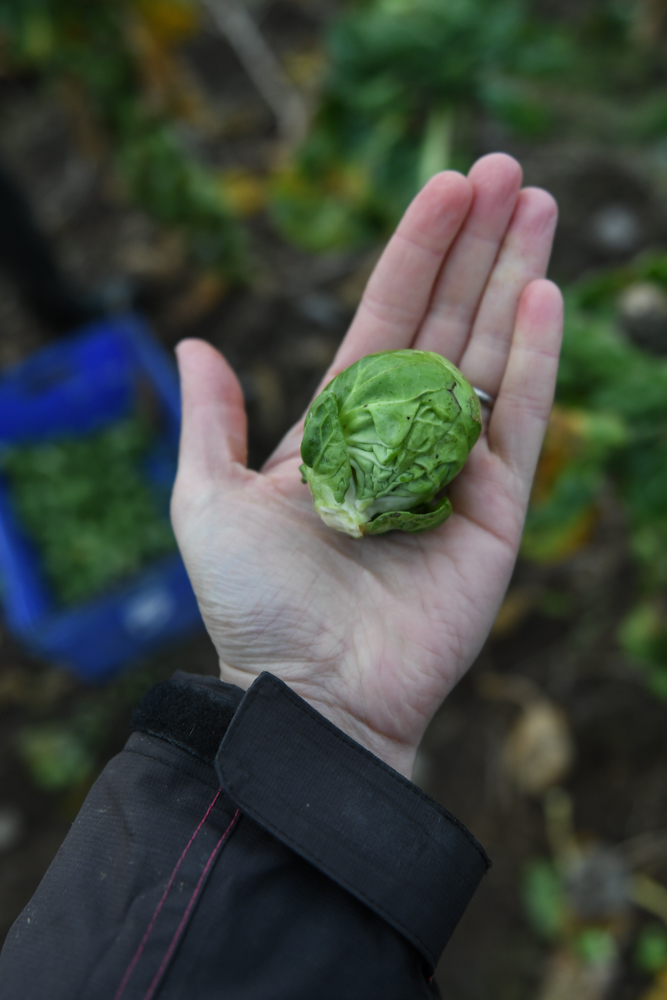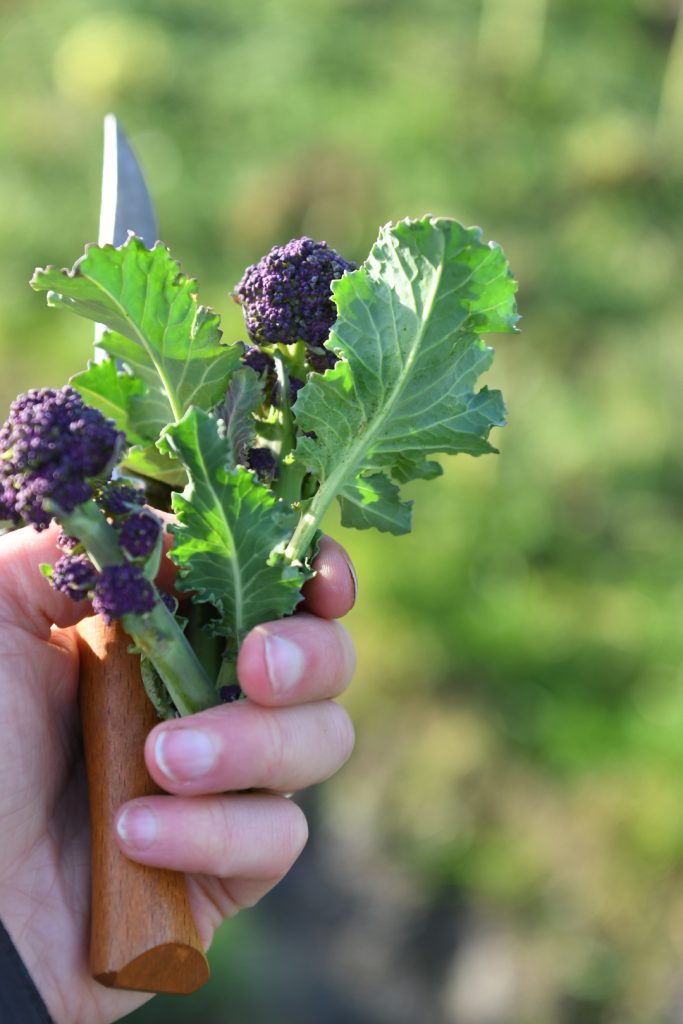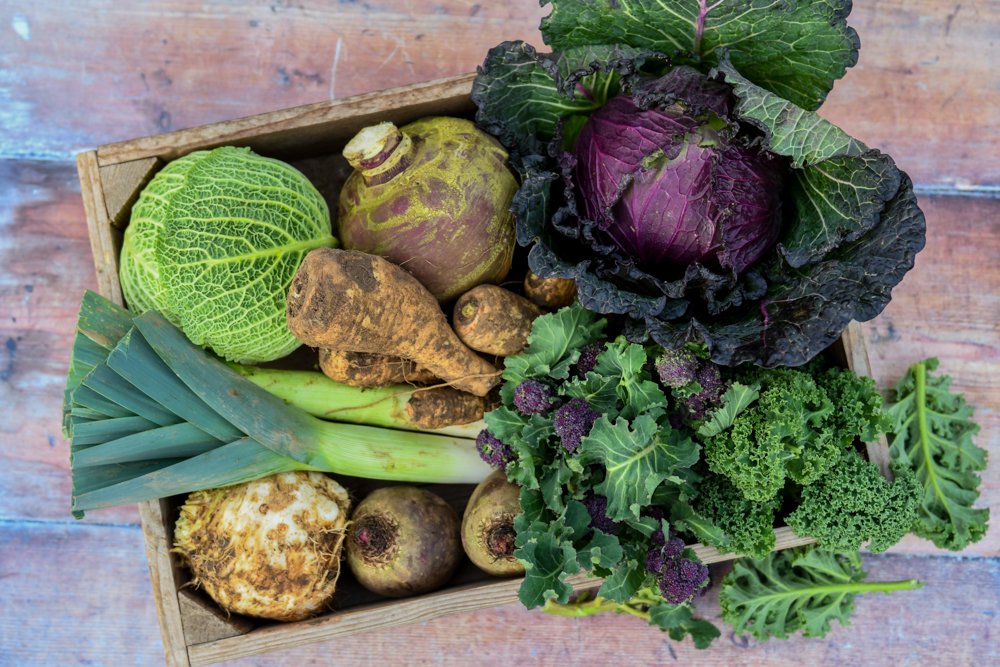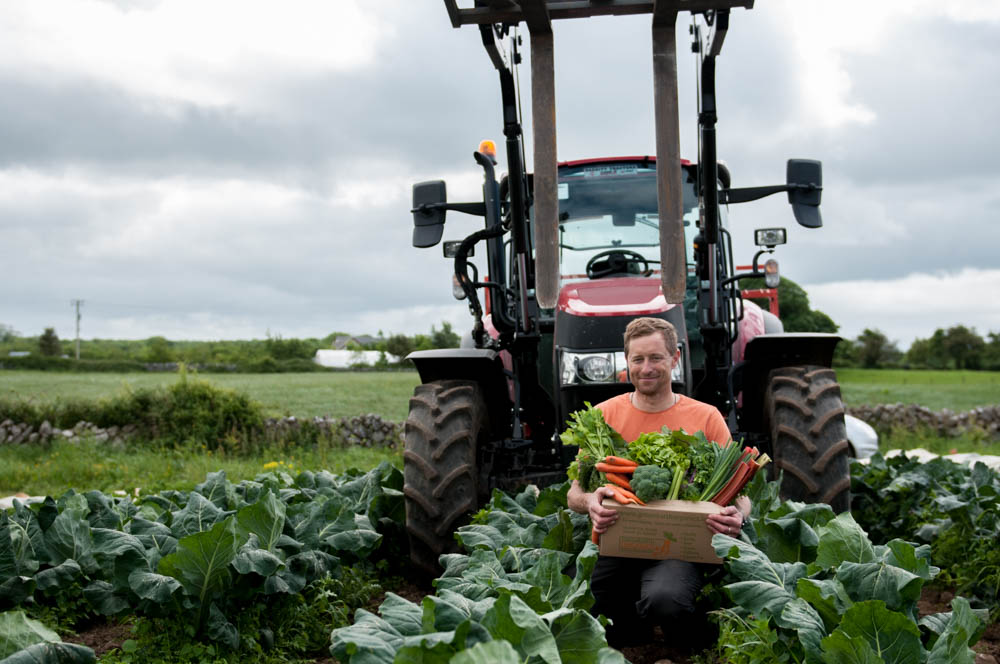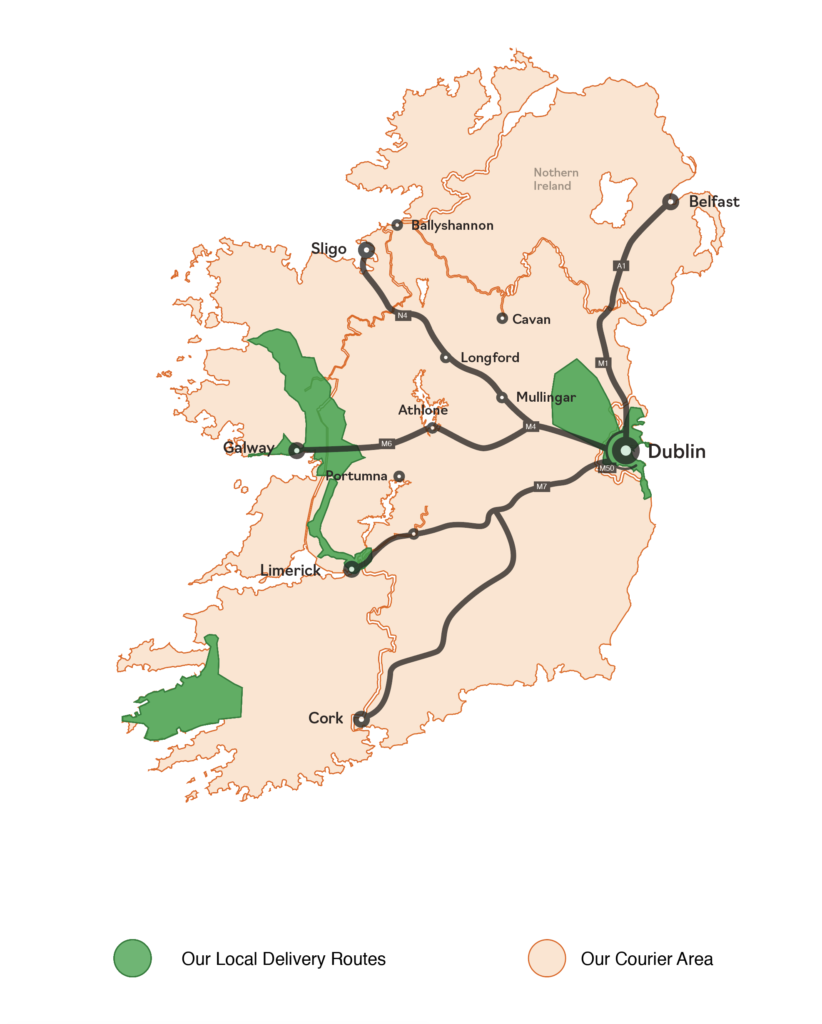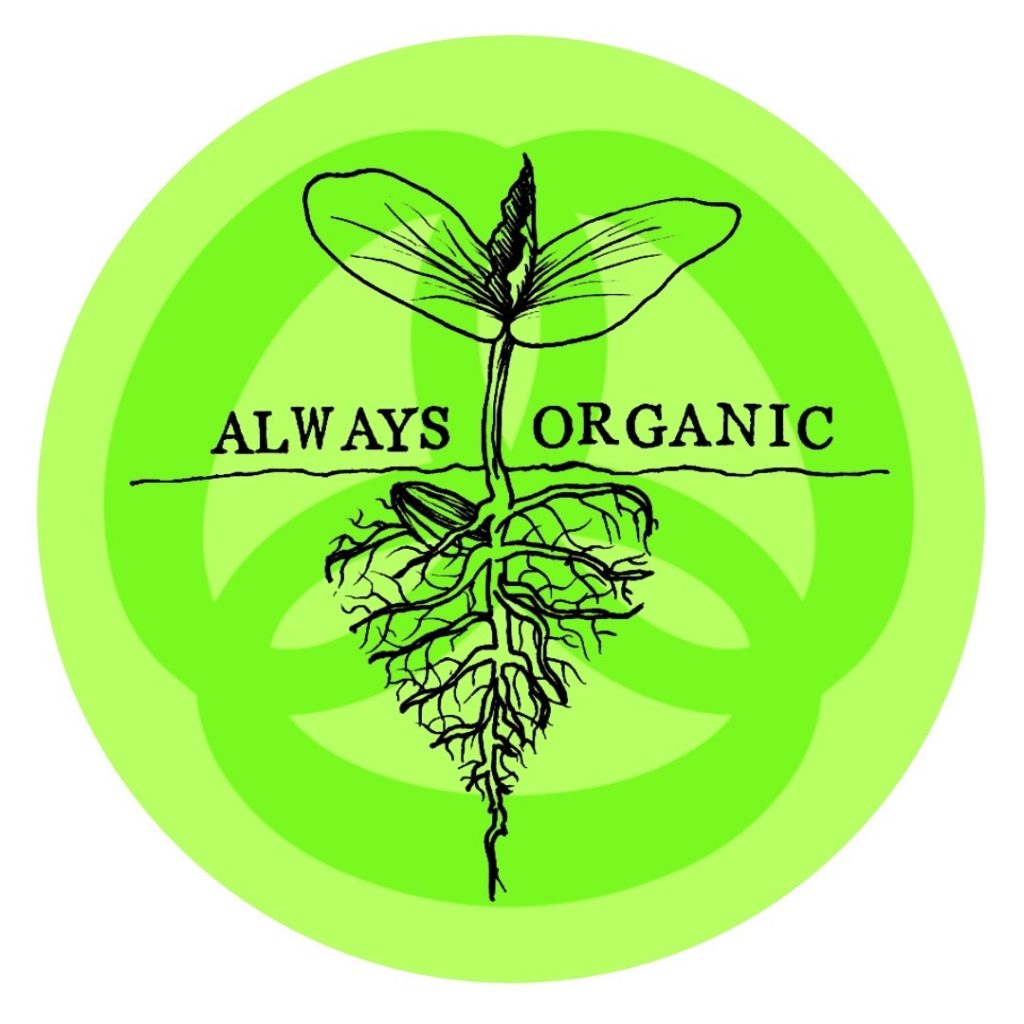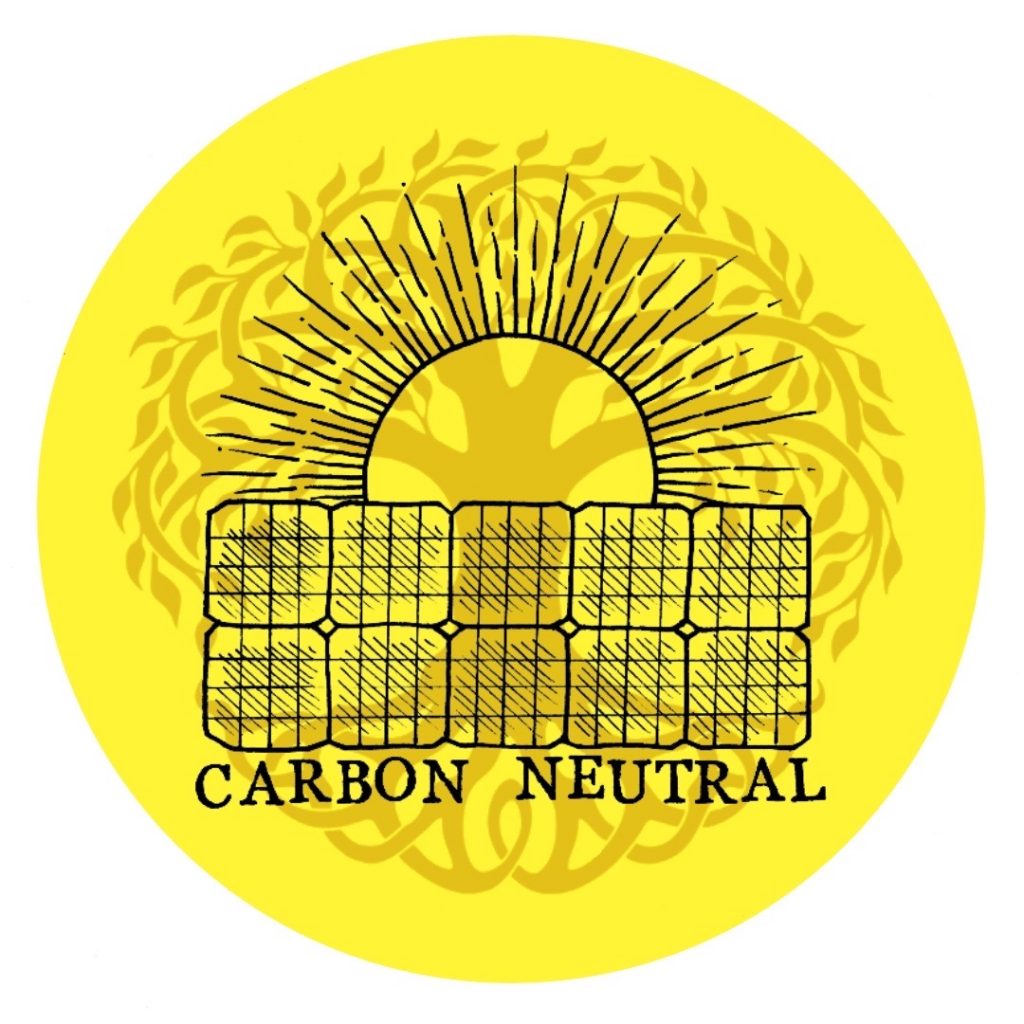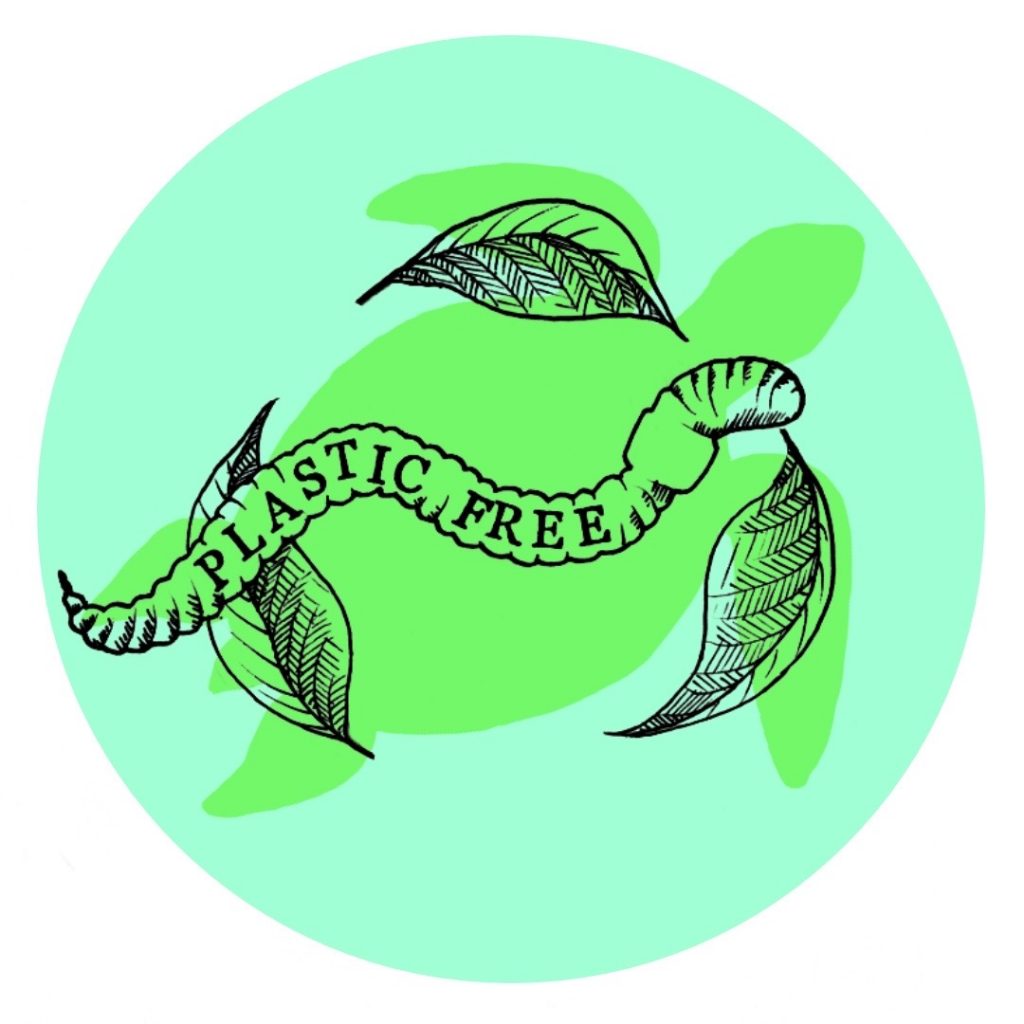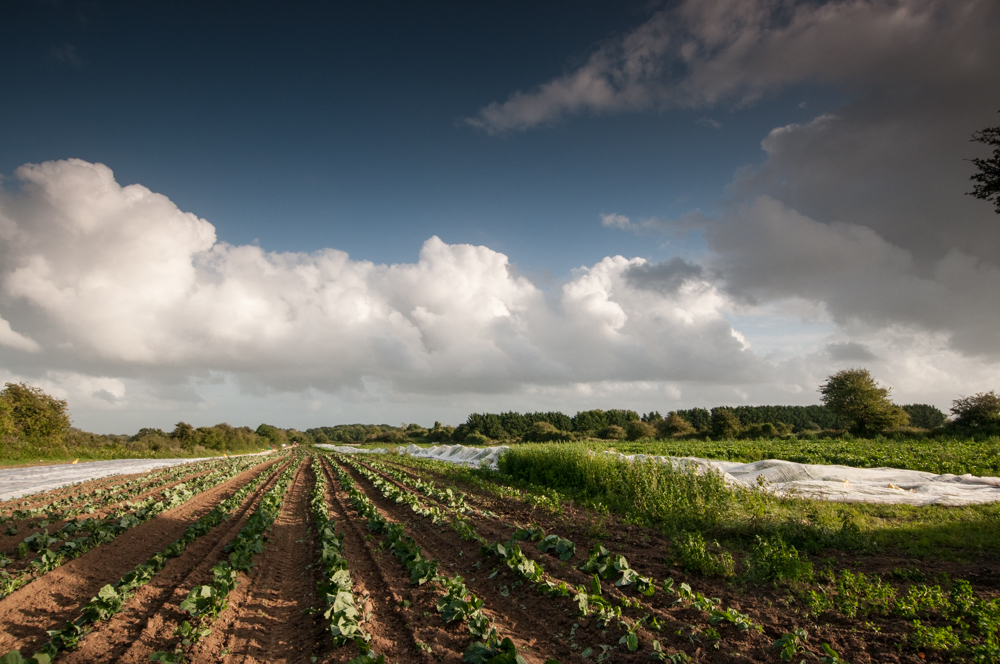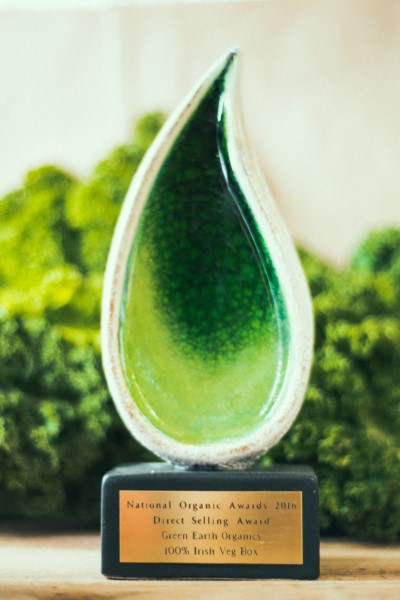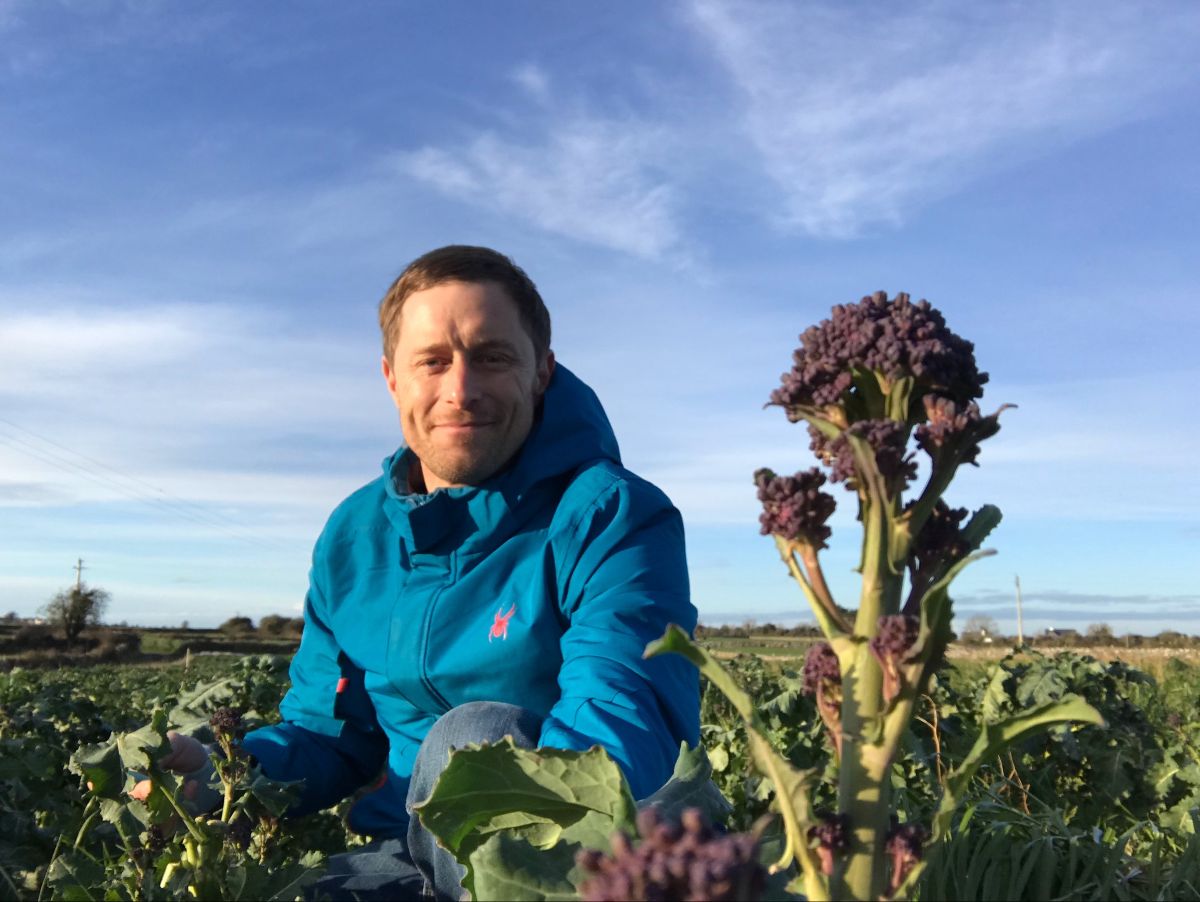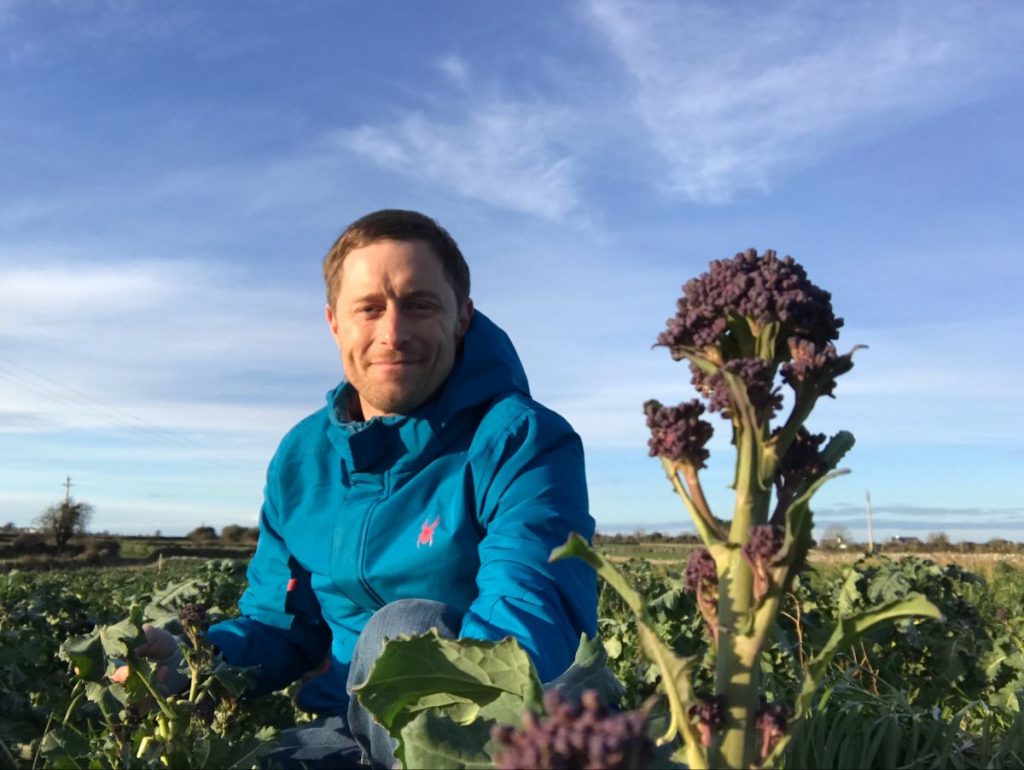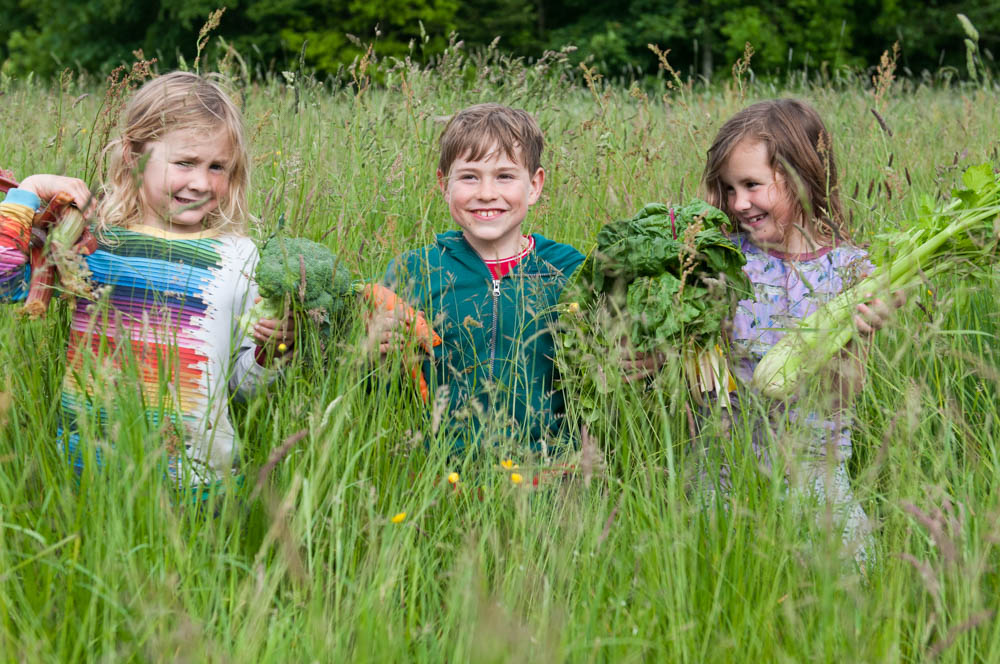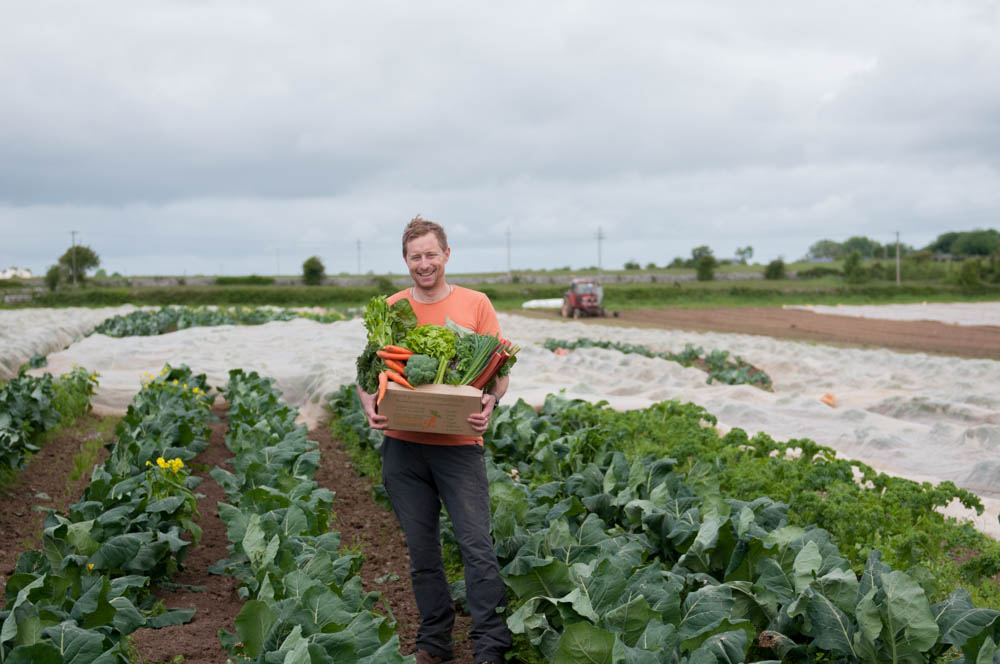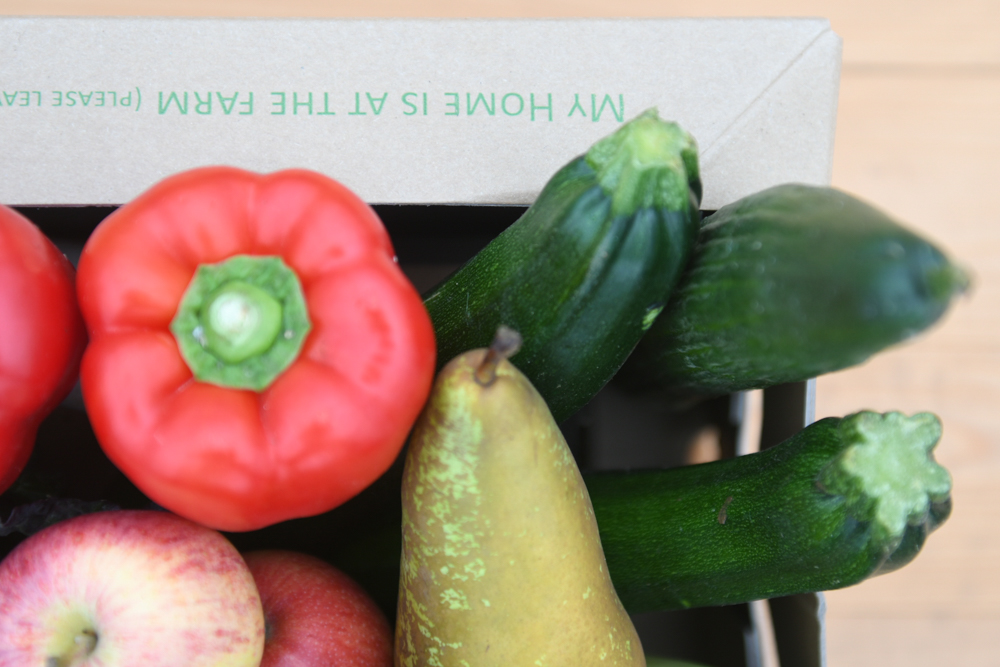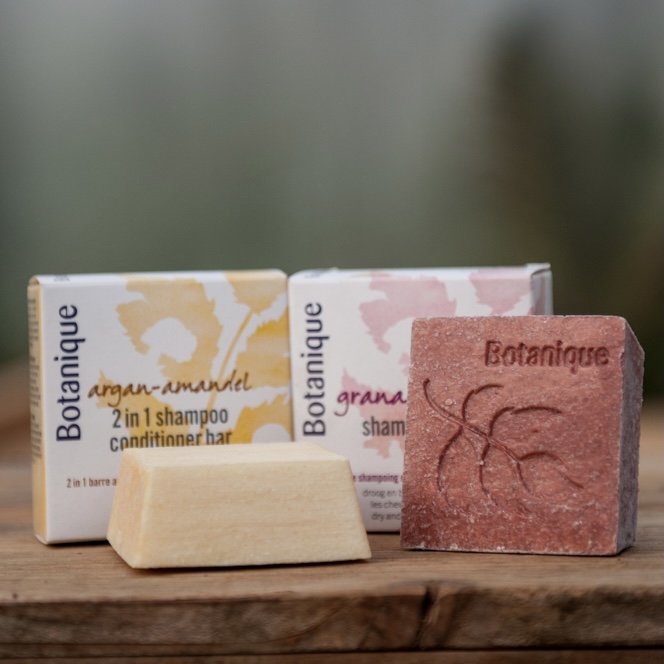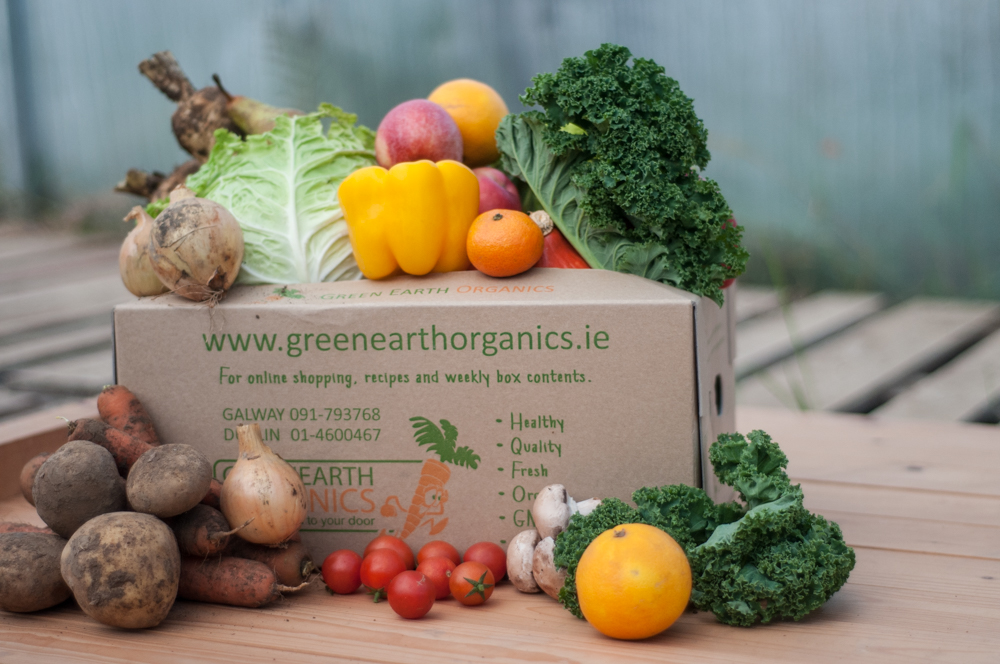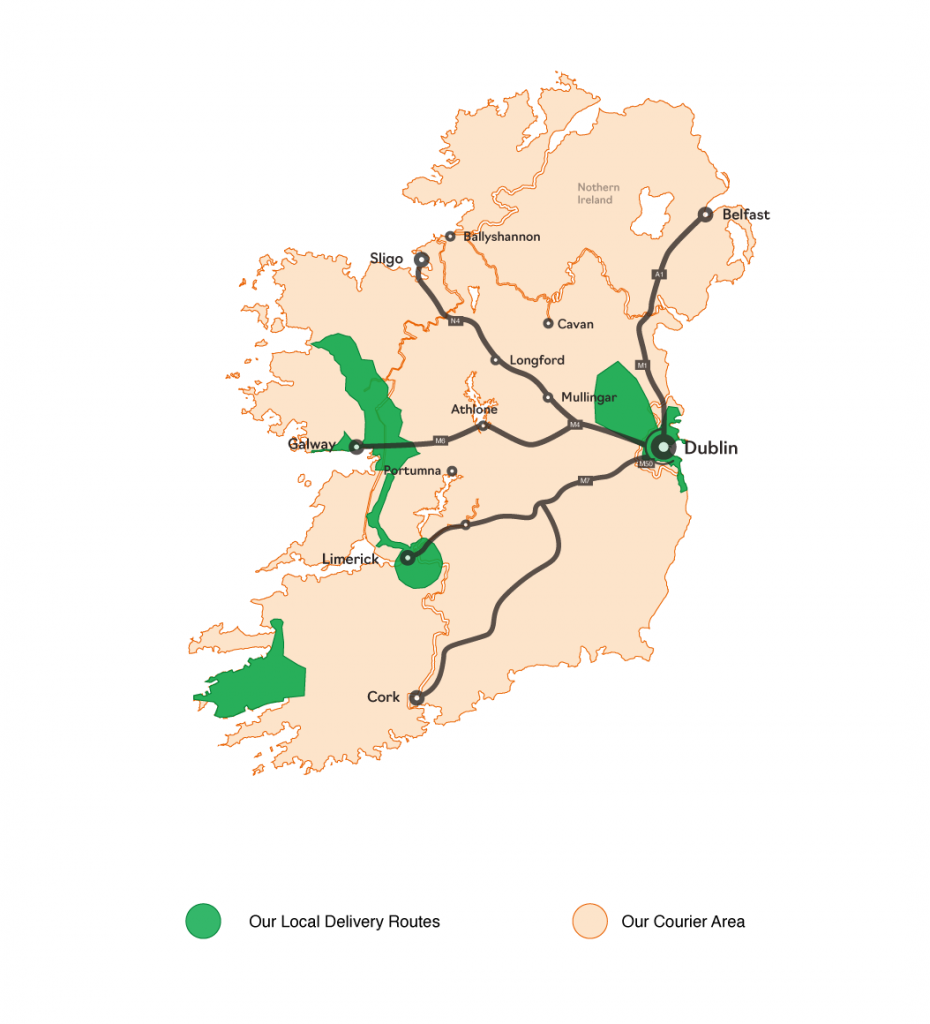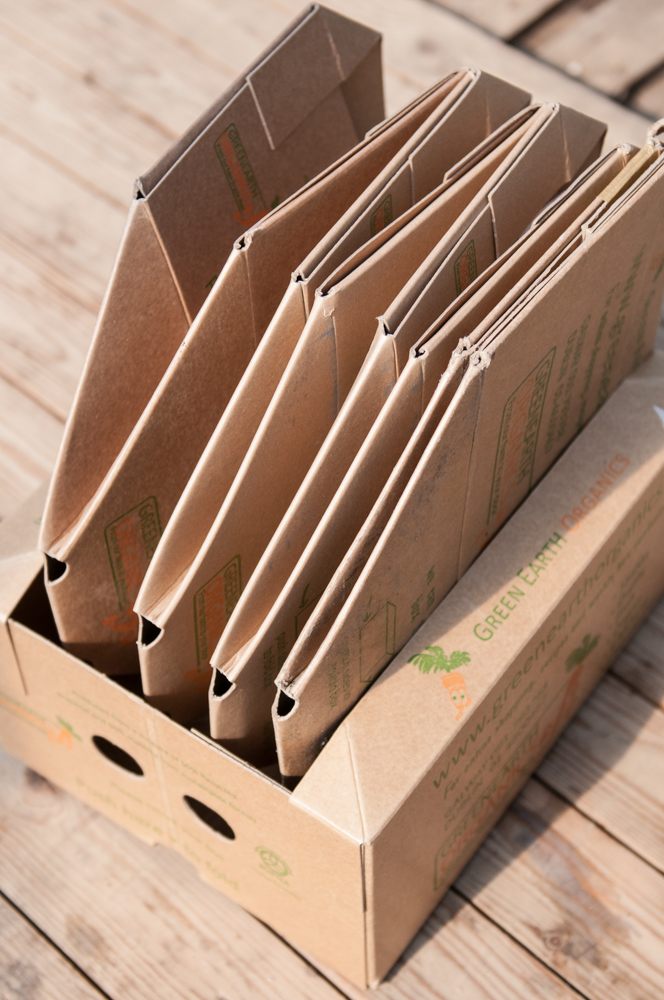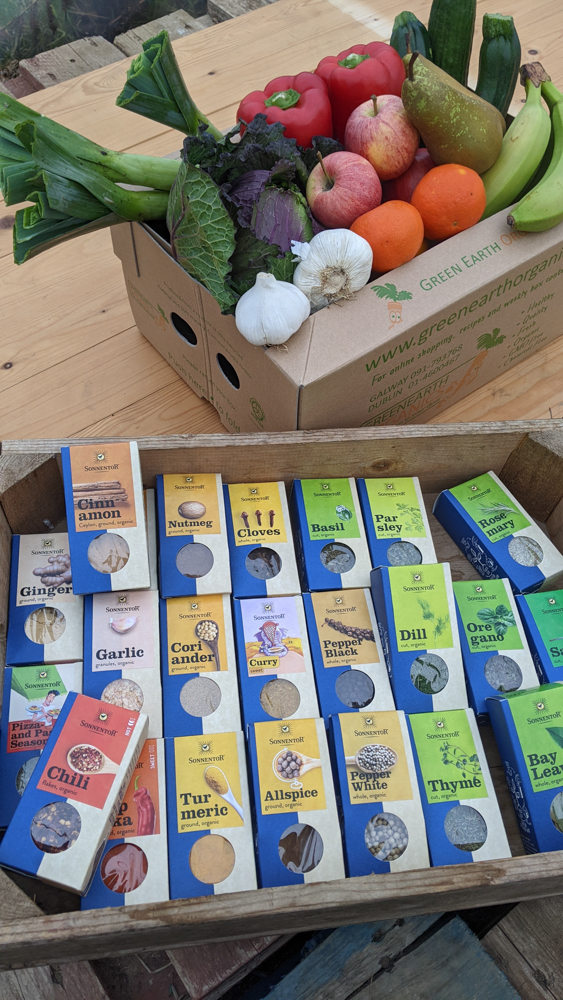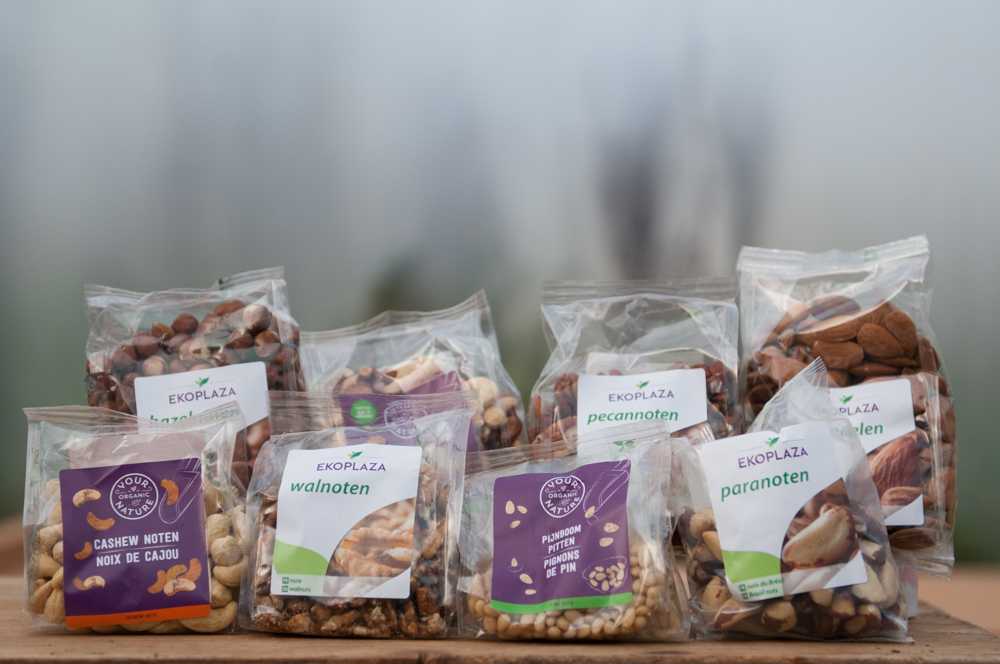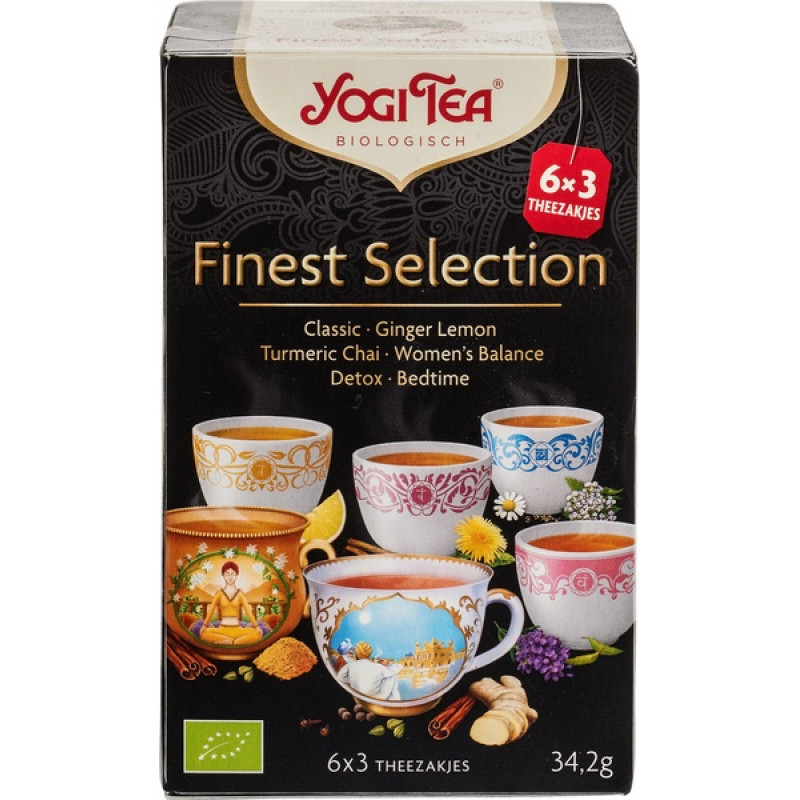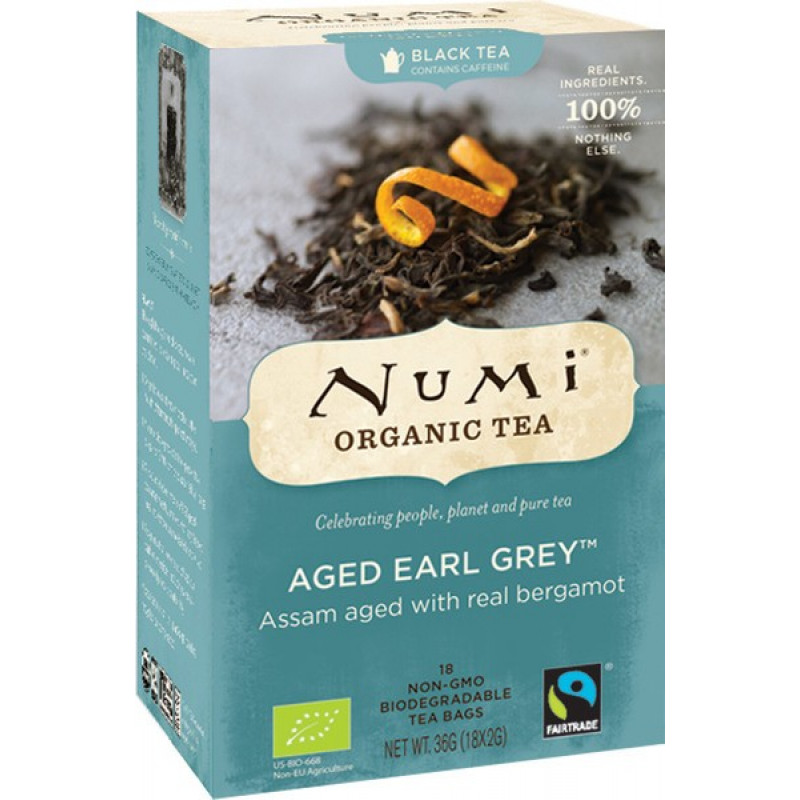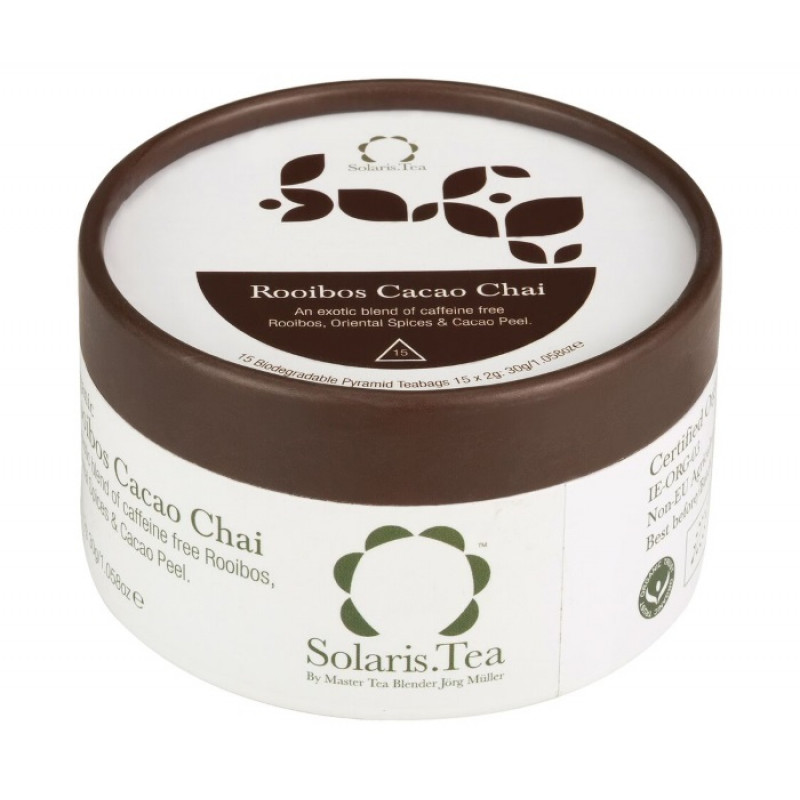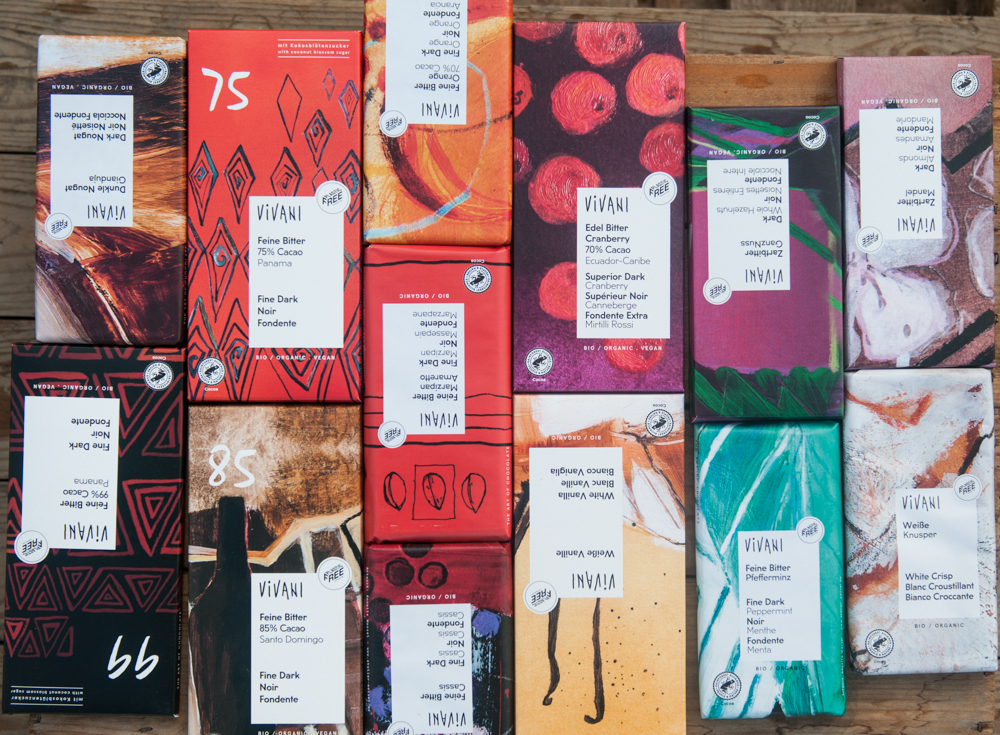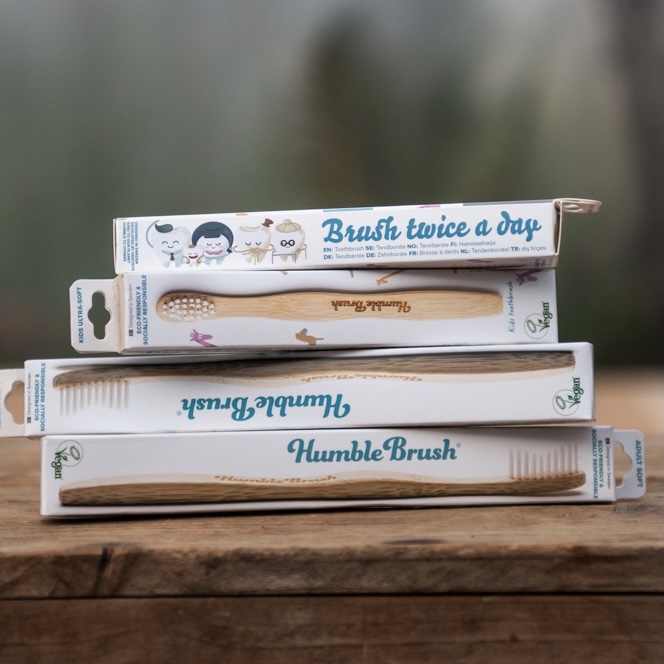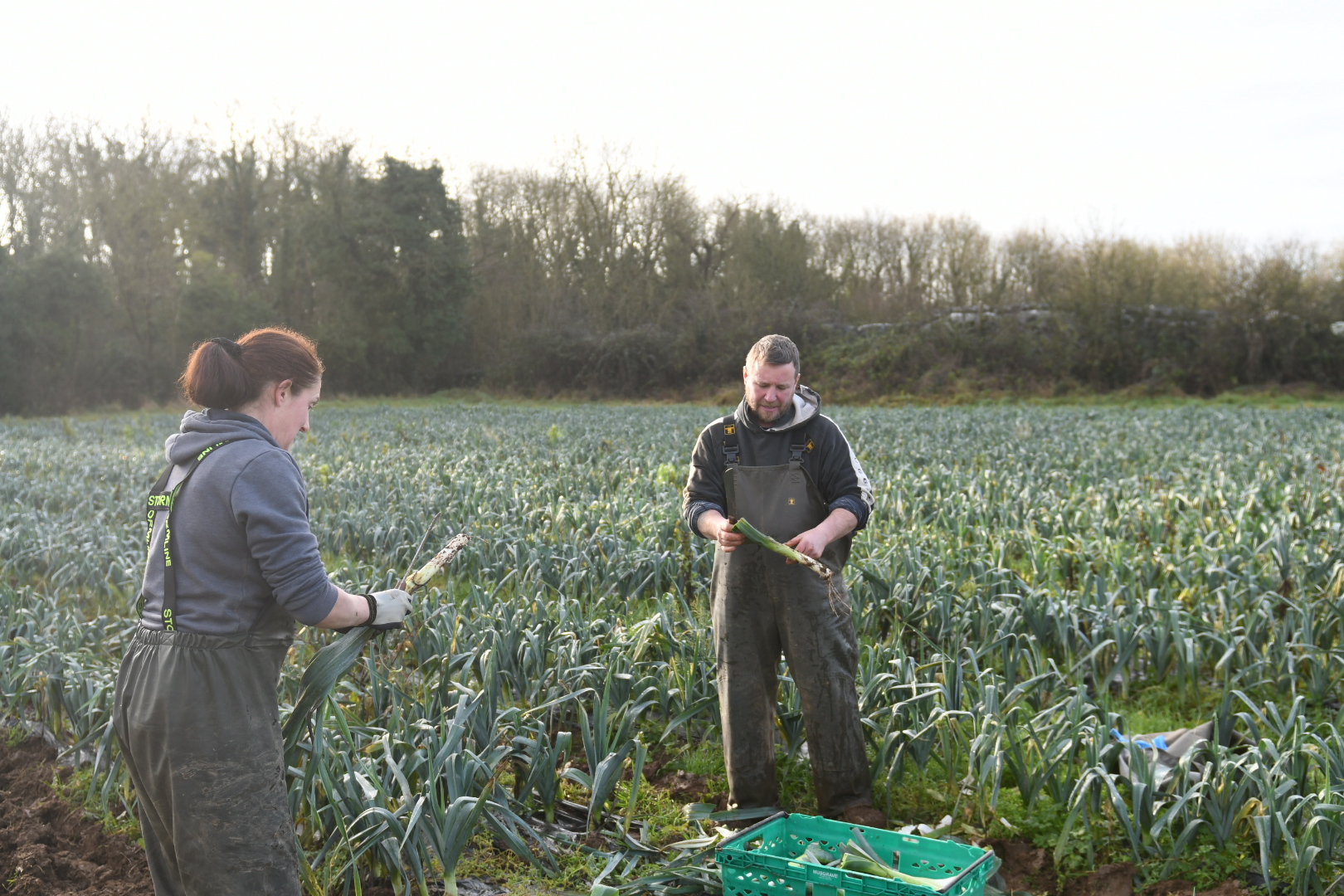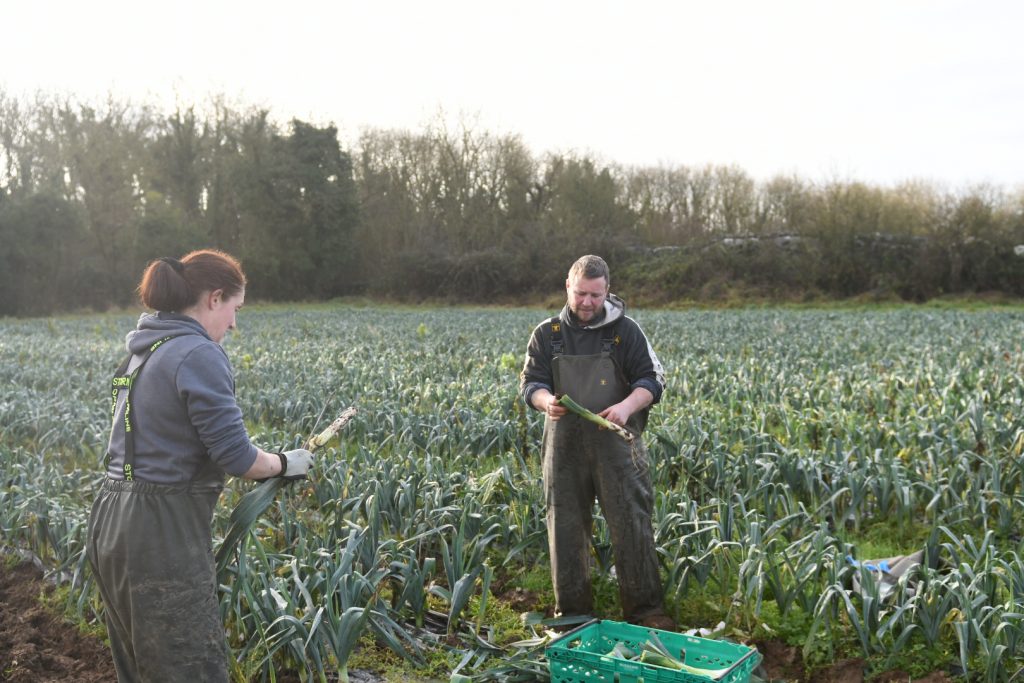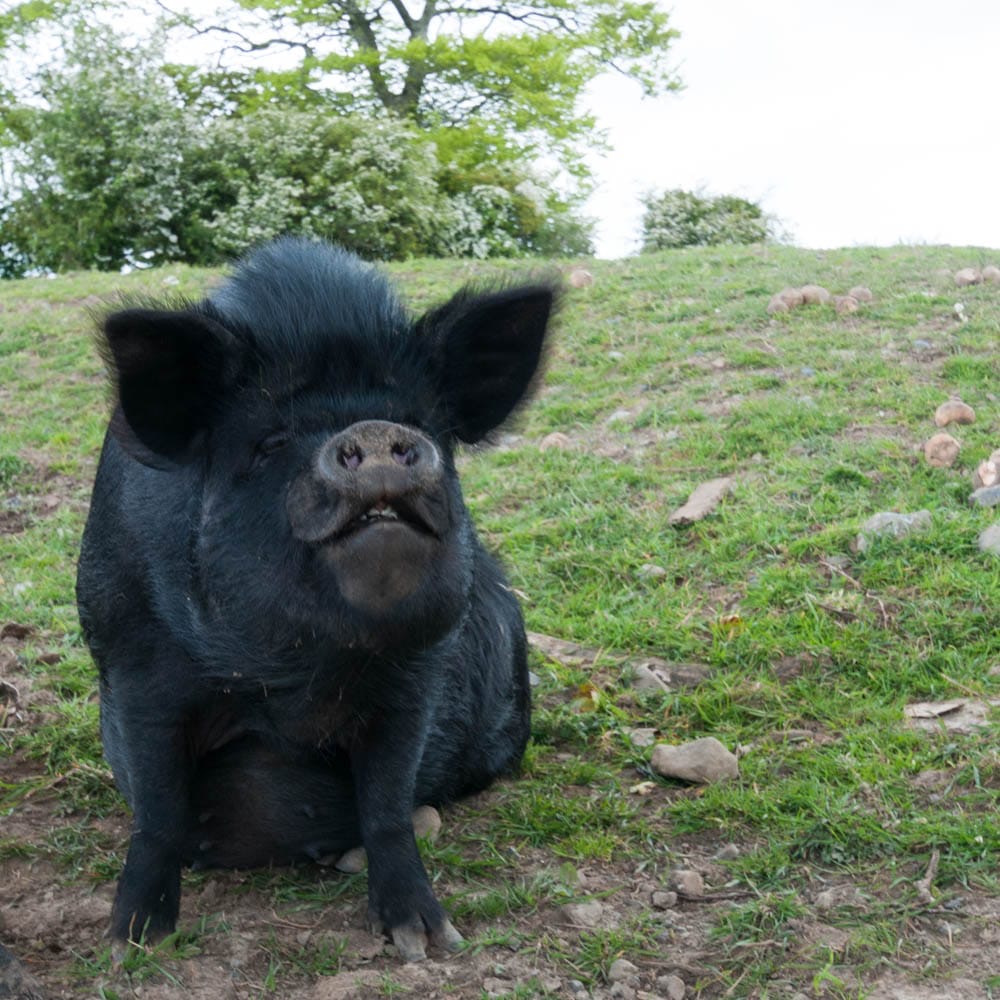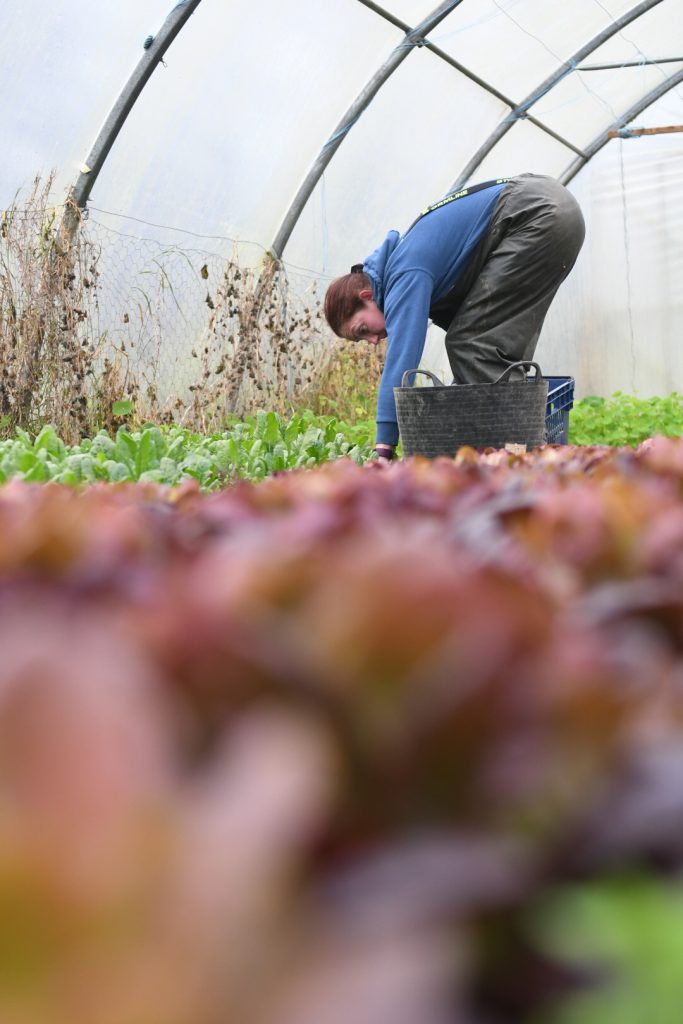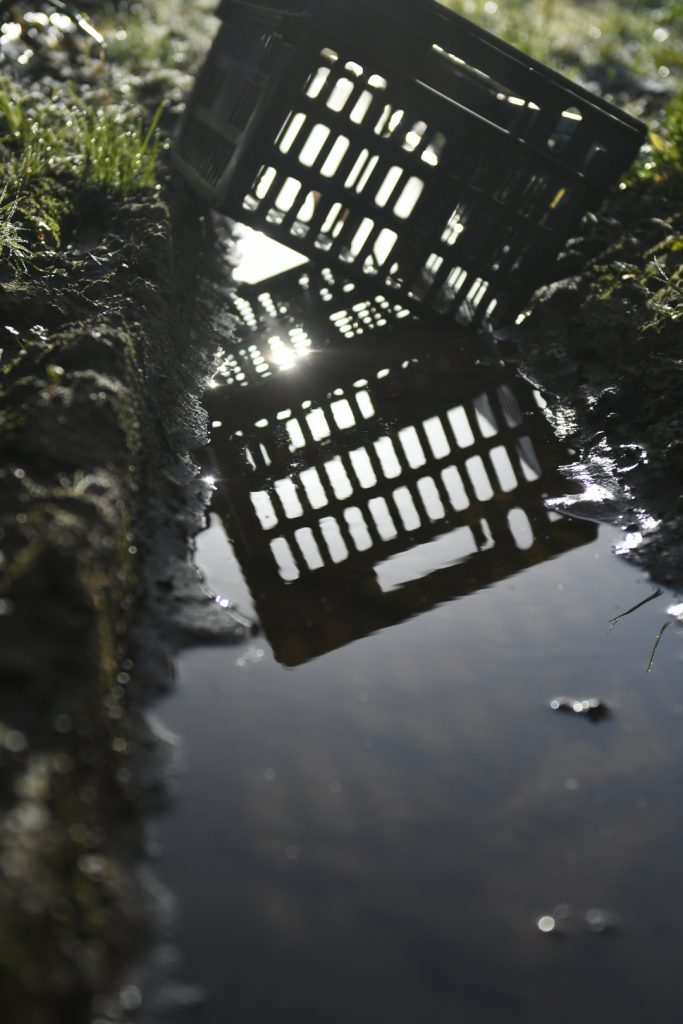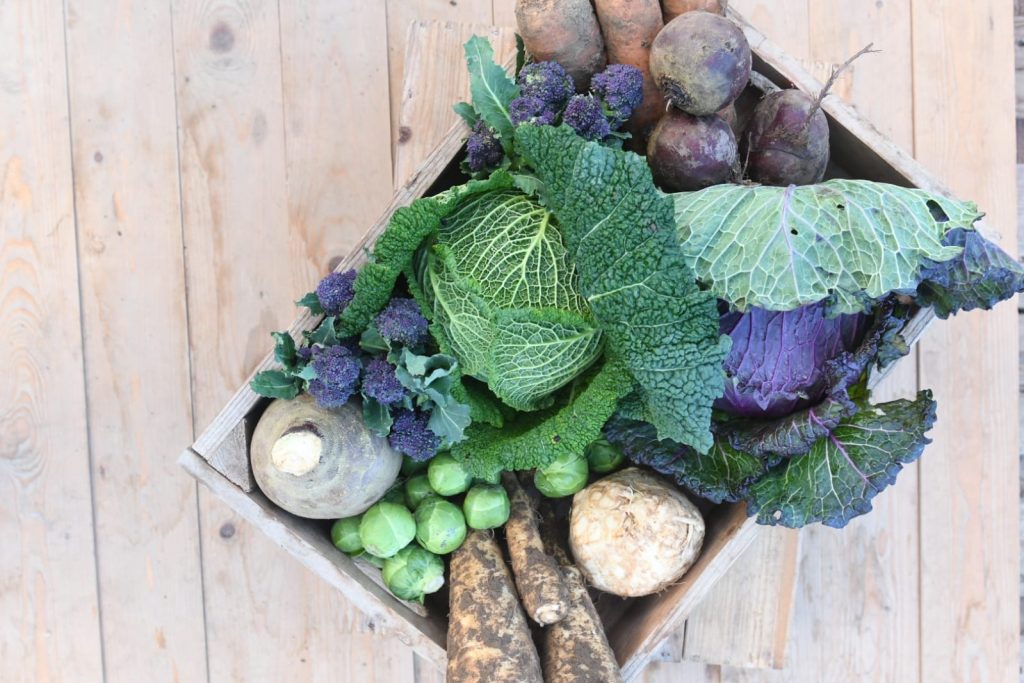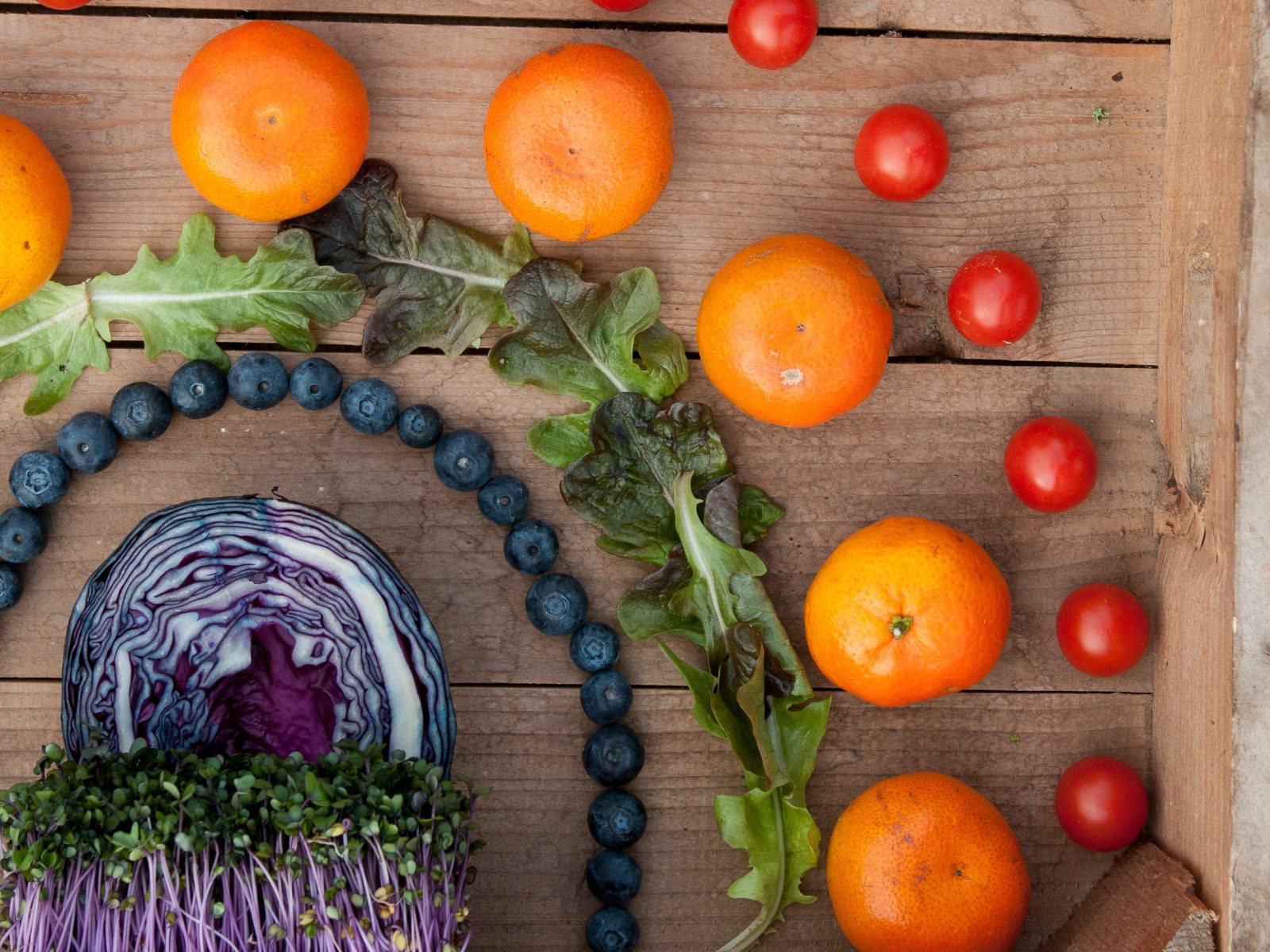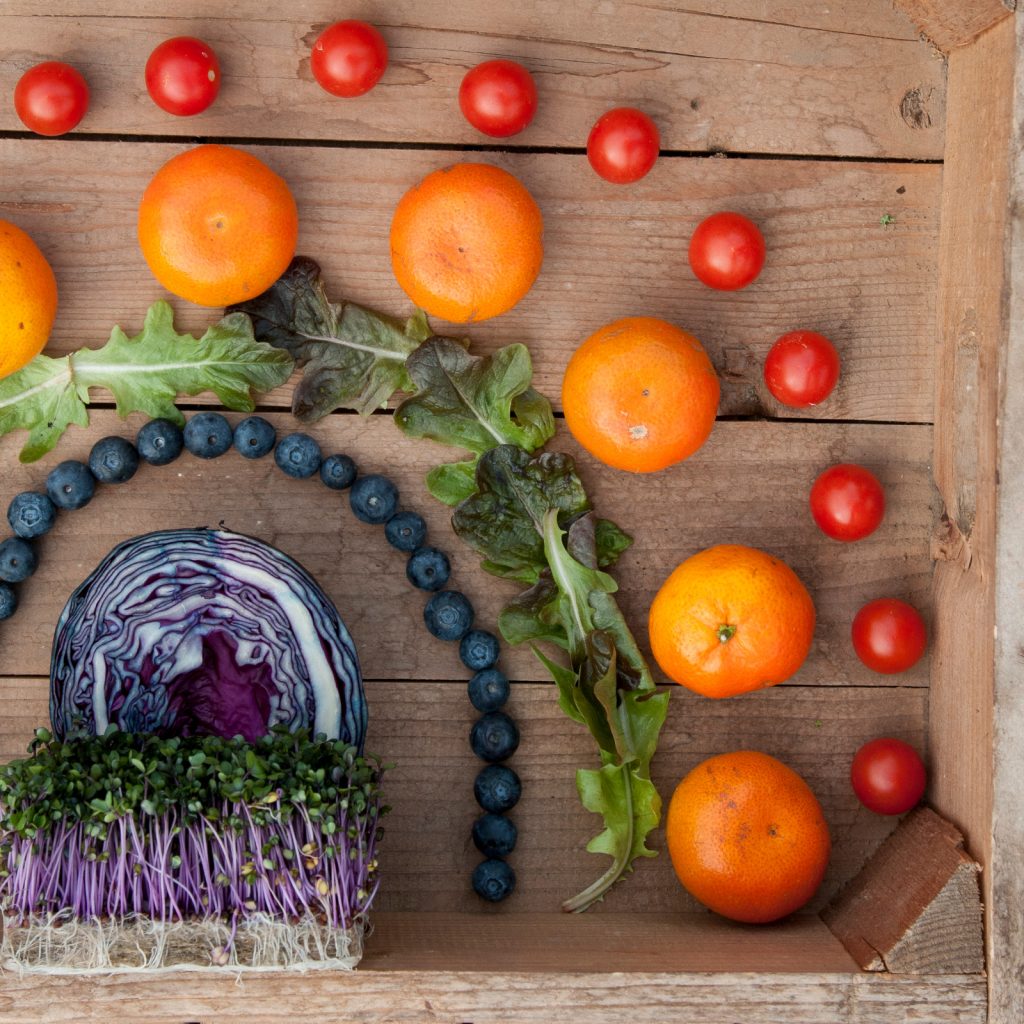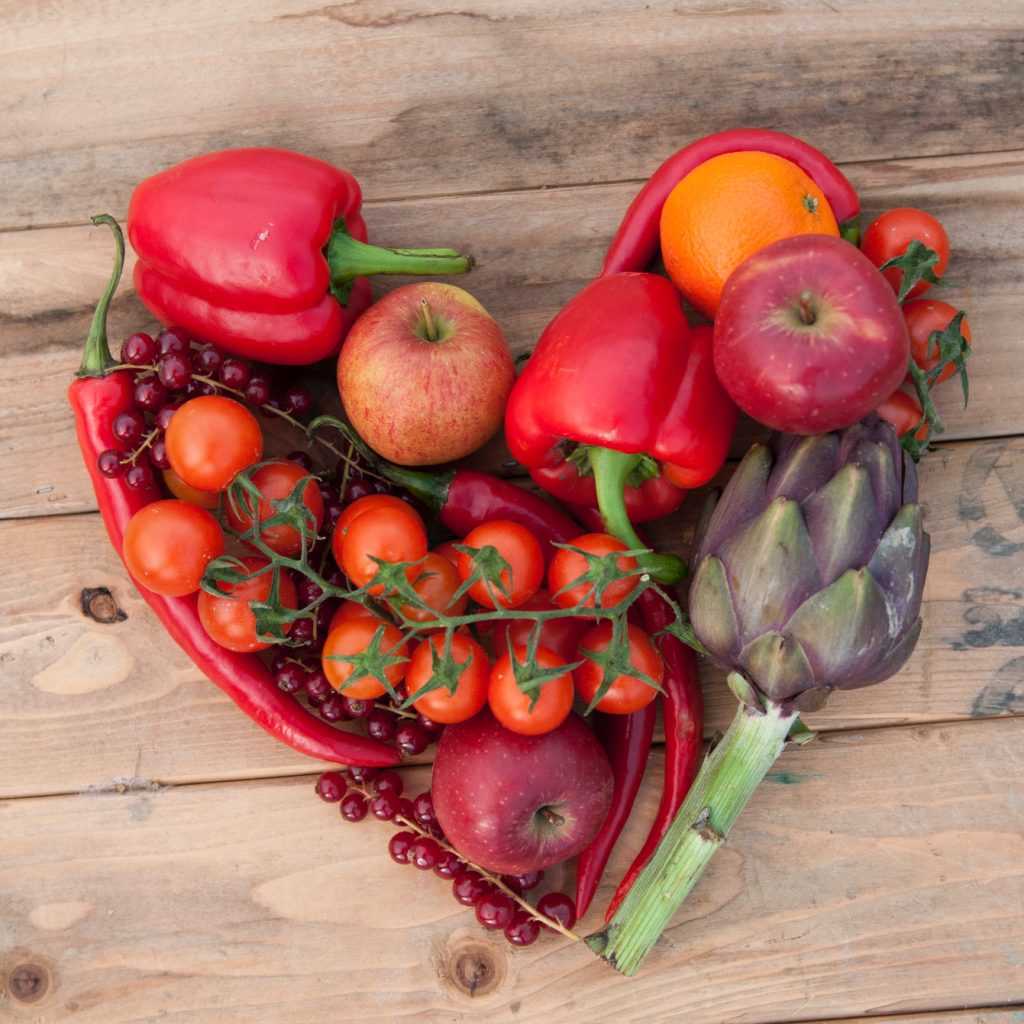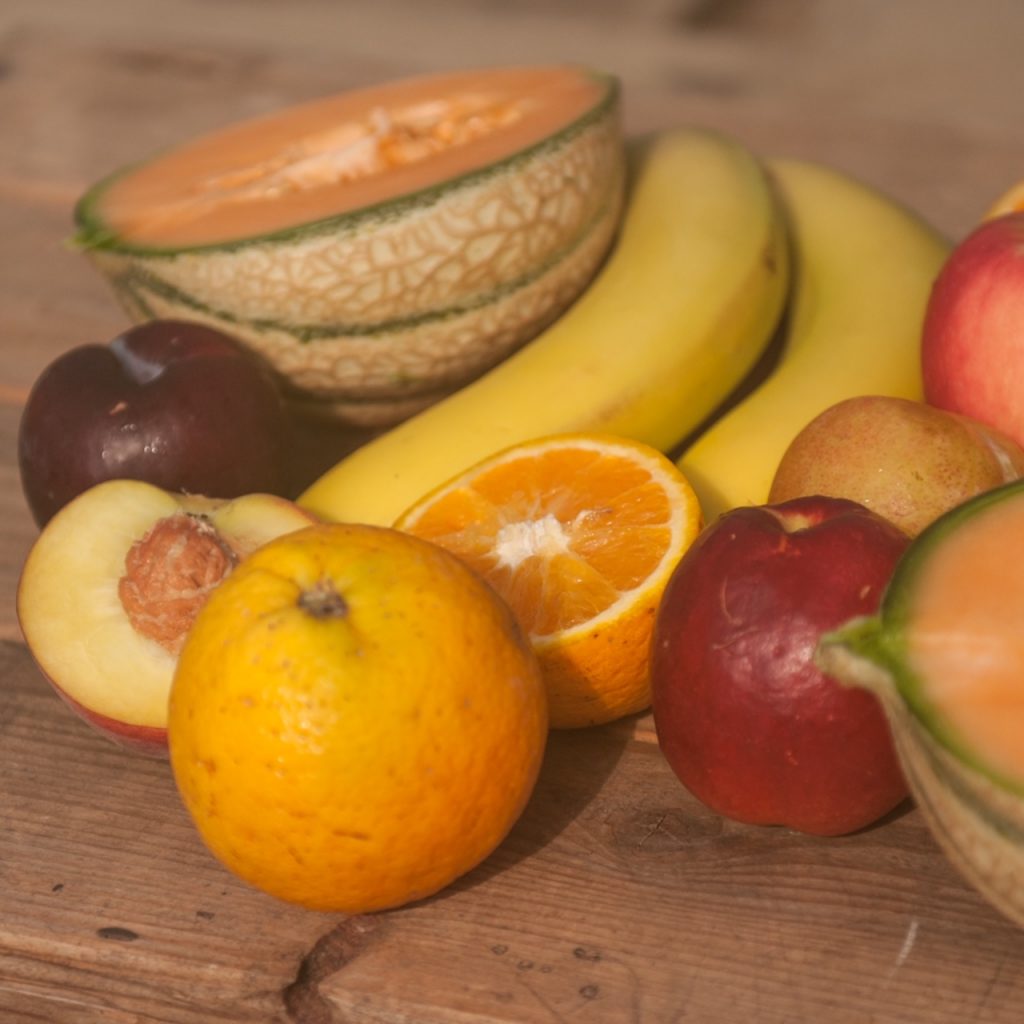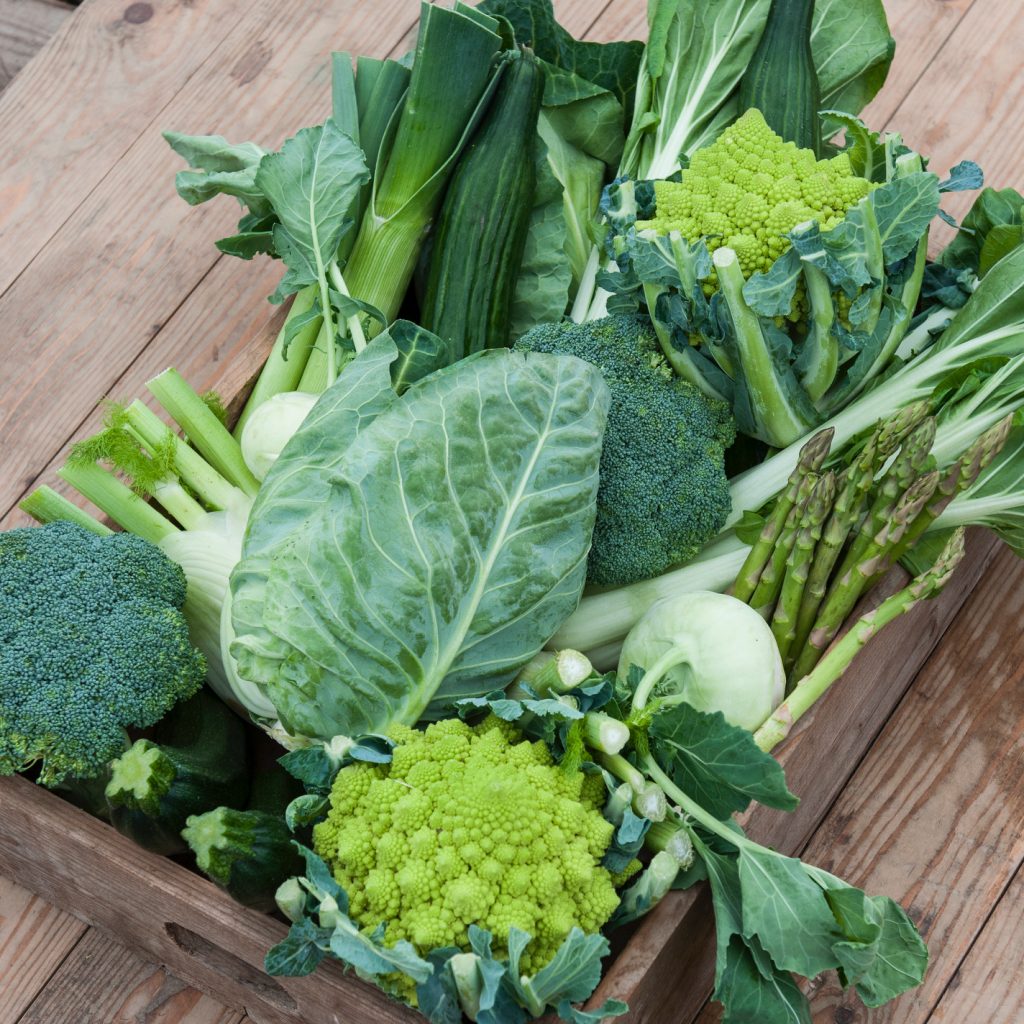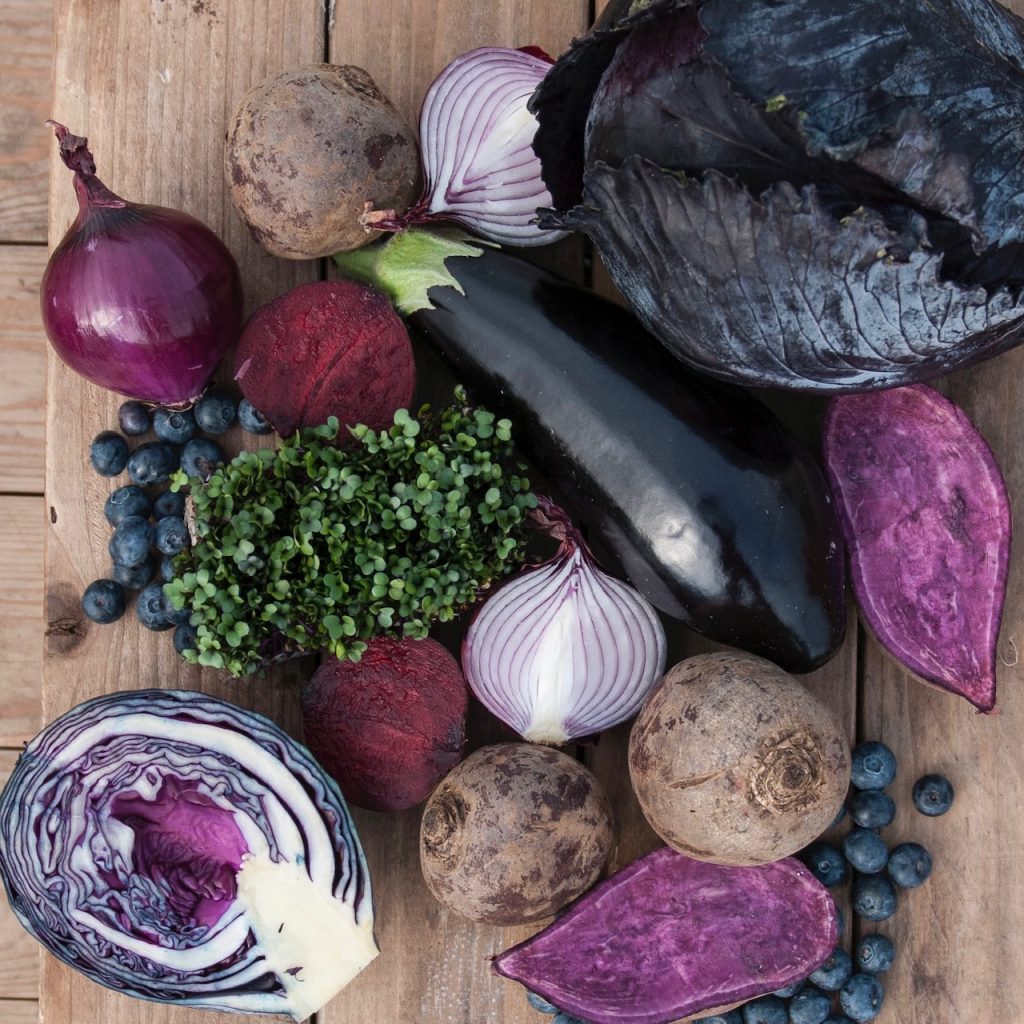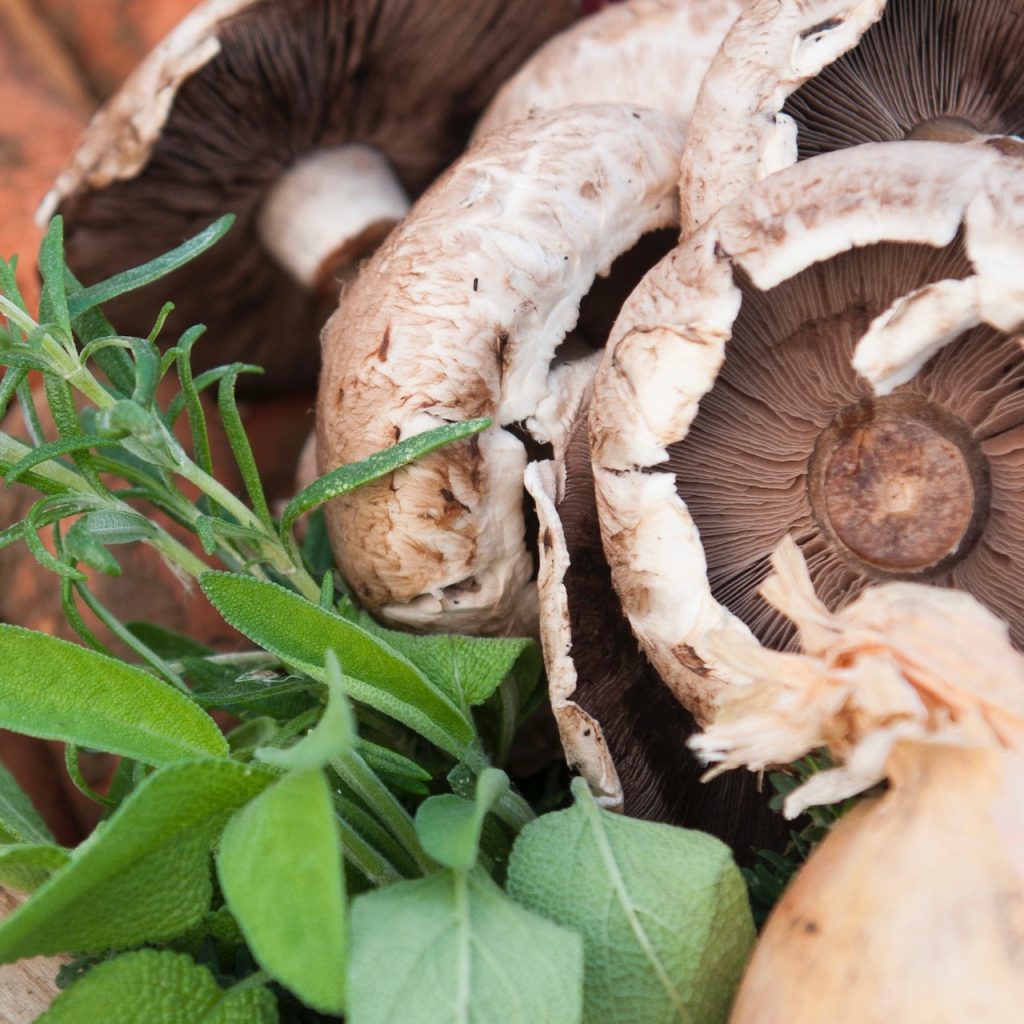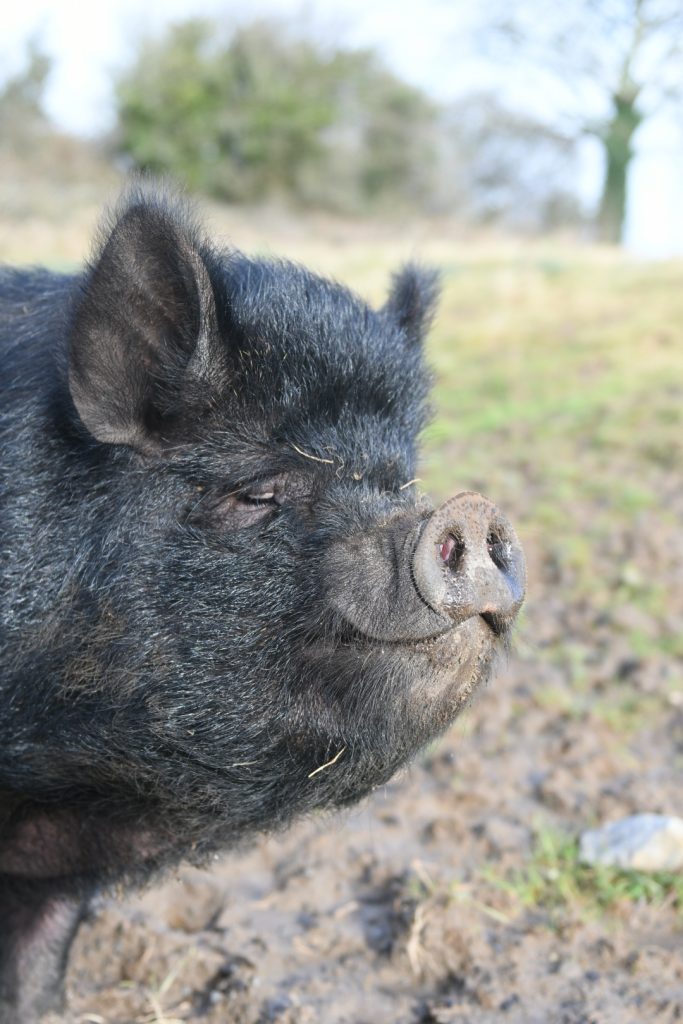
Food waste has always upset me and I think I get that from my mum. Pre-covid my mum was a regular in our packing shed, salvaging any waste produce for a variety of charities, she was the ultimate food waste champion.
Her generation was not one to waste anything.
It wasn’t until the plastic clad, sell more, always on, supermarket culture took over did we as a generation decide it was ok to dump food. Or was it really our decision? I think not. It was the supermarkets that decided for us and made it ok to waste food and to grade out perfectly good produce based on how something looks.
In our business we try really hard to keep food waste to a minimum. It can be challenging as we are dealing with so many different fresh items, and we have harvests and deliveries arriving everyday. We run 5 different cold rooms, and we run some at different temperatures to ensure the optimum temperature is maintained to keep produce fresh. We have also committed to not using plastic.
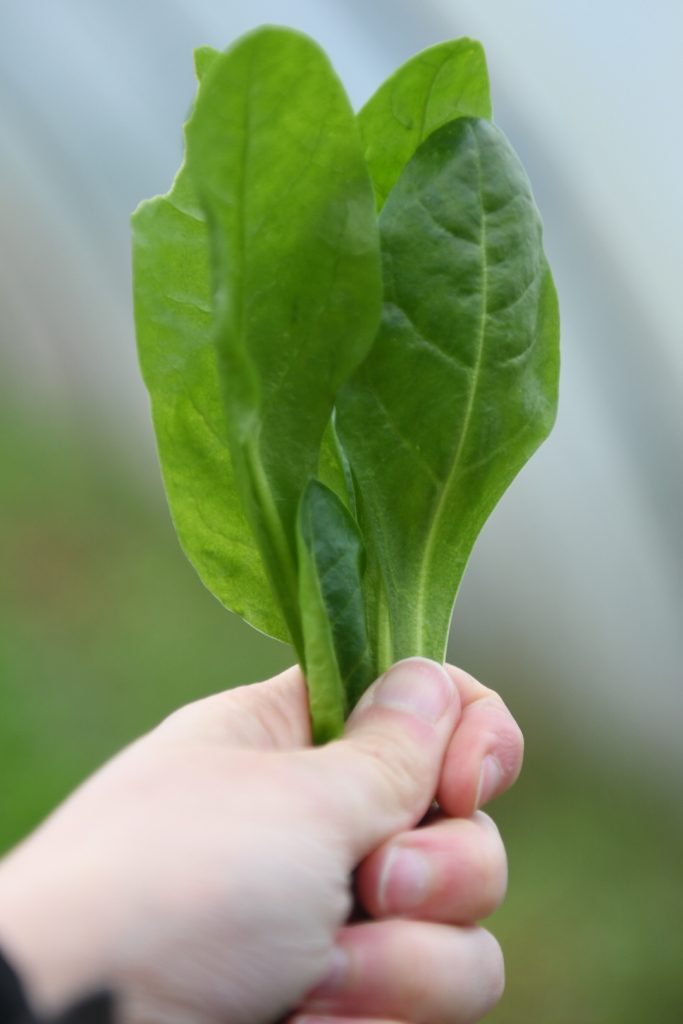
(Incidentally, just this week it has been shown that despite the Supermarkets railing on about it, plastic does not actually reduce food waste, it can actually increase it!)
But back to our story, we need to make sure you our customer gets the most amazing quality. Everything piece of produce gets inspected, and while sometimes the odd one gets through, we work really hard to deliver on our promise of only delivering amazing quality produce to your door.
“Grade outs” : produce that we know will not make it to you our customers in first class condition, are left on a shelf in our packing shed and are generally used to make staff boxes and our team can help themselves. Finally, what is left, the stuff that we don’t eat ourselves usually ends up in Florence and George’s bellies (our rescue pigs!)
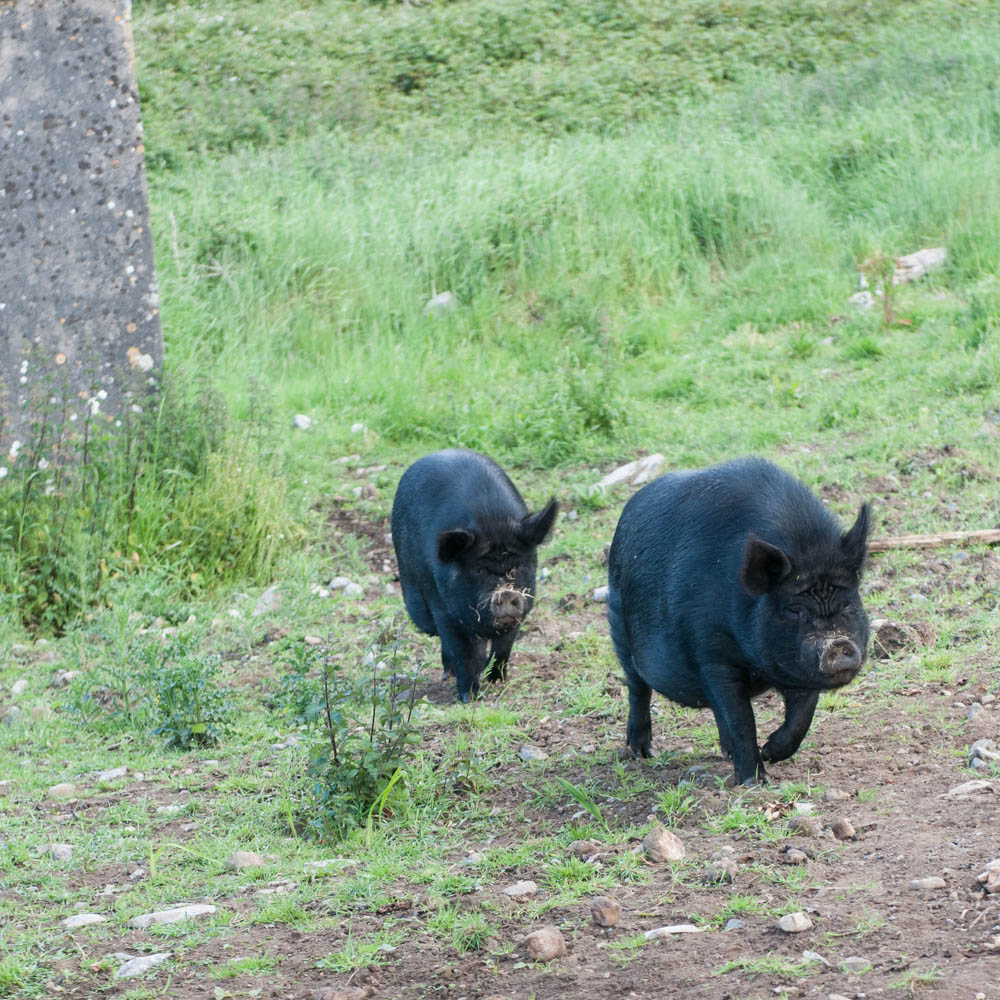
I always thought pigs would eat anything. As it turns out I was wrong. Pigs do indeed have some serious food preferences. I know because just over a year ago we took charge of two rescue pigs George and Florence. They have the run of an acre of mostly forested land and will live out their long and leisurely lives here on our organic farm. (Incidentally pigs can live until they are 20!).
Who would have known that pigs are fussy eaters? Well, I can tell you that they will not eat broccoli or kale, they are not partial to courgettes and apparently mushrooms do not tickle their palettes either.
It would seem then that they know what they like and what they don’t like. But when it comes to wonky shapes, and blemished skin they see only food.
I don’t know that supermarkets take food waste seriously. A couple of years ago, a person who would know told me about 12 pallets of pineapples that were dumped as a result of a supermarket quality inspection failing them because of some blemishes. This happens.
Maybe being that little bit more mindful of our food can go along way in reducing our food waste, and the funny thing is it can actually end up saving us quite a bit of money too.
Here’s to less food waste!
Kenneth
